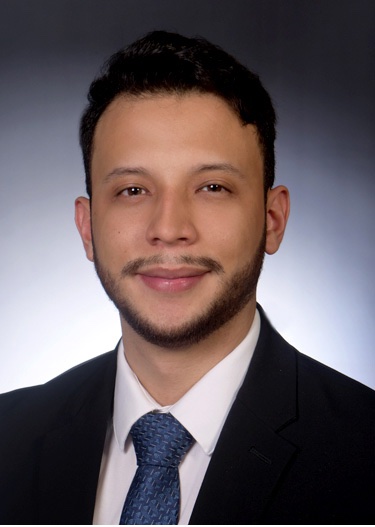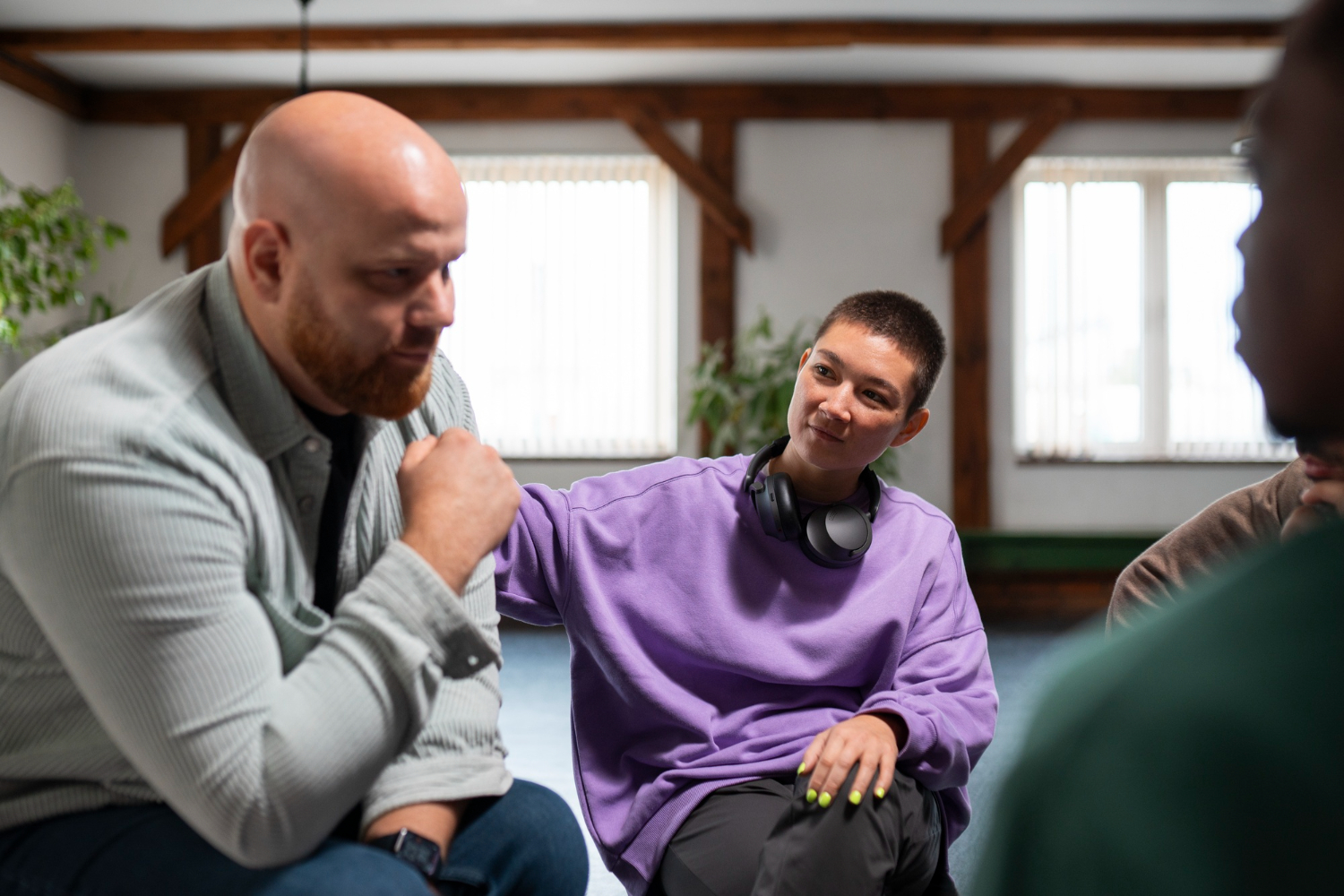48 Best Alcohol and Drug Rehabs in Fort Lauderdale, FL 2025
Rehabilitation is the process in which you acknowledge your struggle with substance abuse and commit to overcoming these challenges. It involves facing withdrawal symptoms and embarking on a journey towards recovery. The process typically includes detoxification, therapy, and support systems to help you regain control of your life and maintain long-term sobriety.
Fort Lauderdale, a city known for its beaches and exotic lifestyle, is also home to a variety of rehabilitation centers offering support for individuals struggling with substance abuse, addiction, and mental health disorders. With its warm climate and serene environment, this city is a good destination for individuals seeking recovery in a peaceful and supportive setting.
Read on to learn about the latest substance abuse statistics, types of treatment centers in Fort Lauderdale, costs, services, and tips to find the best facility near you. Below is a list of the top rehab centers in Fort Lauderdale:
48 Treatment Centers in Fort Lauderdale, FL
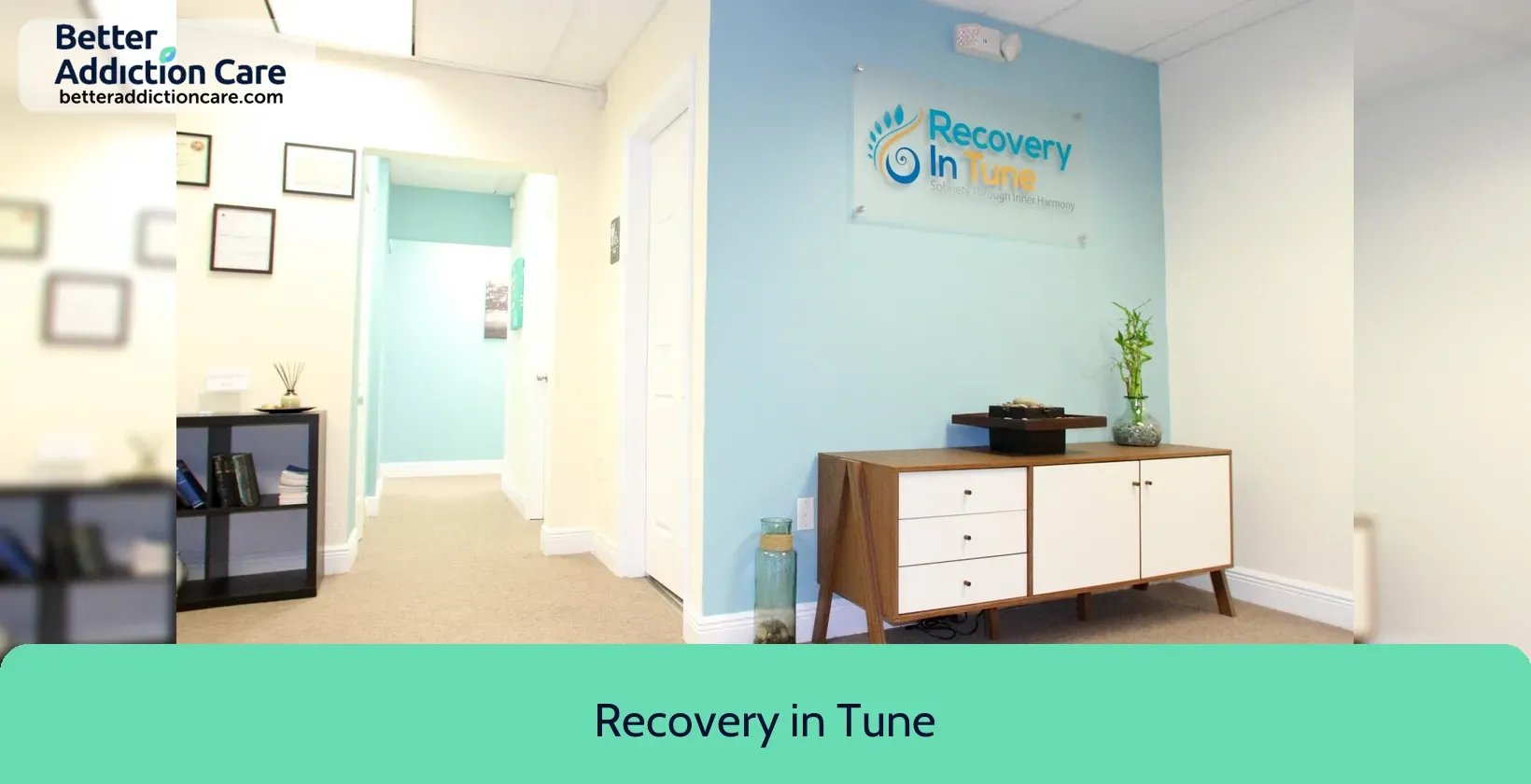
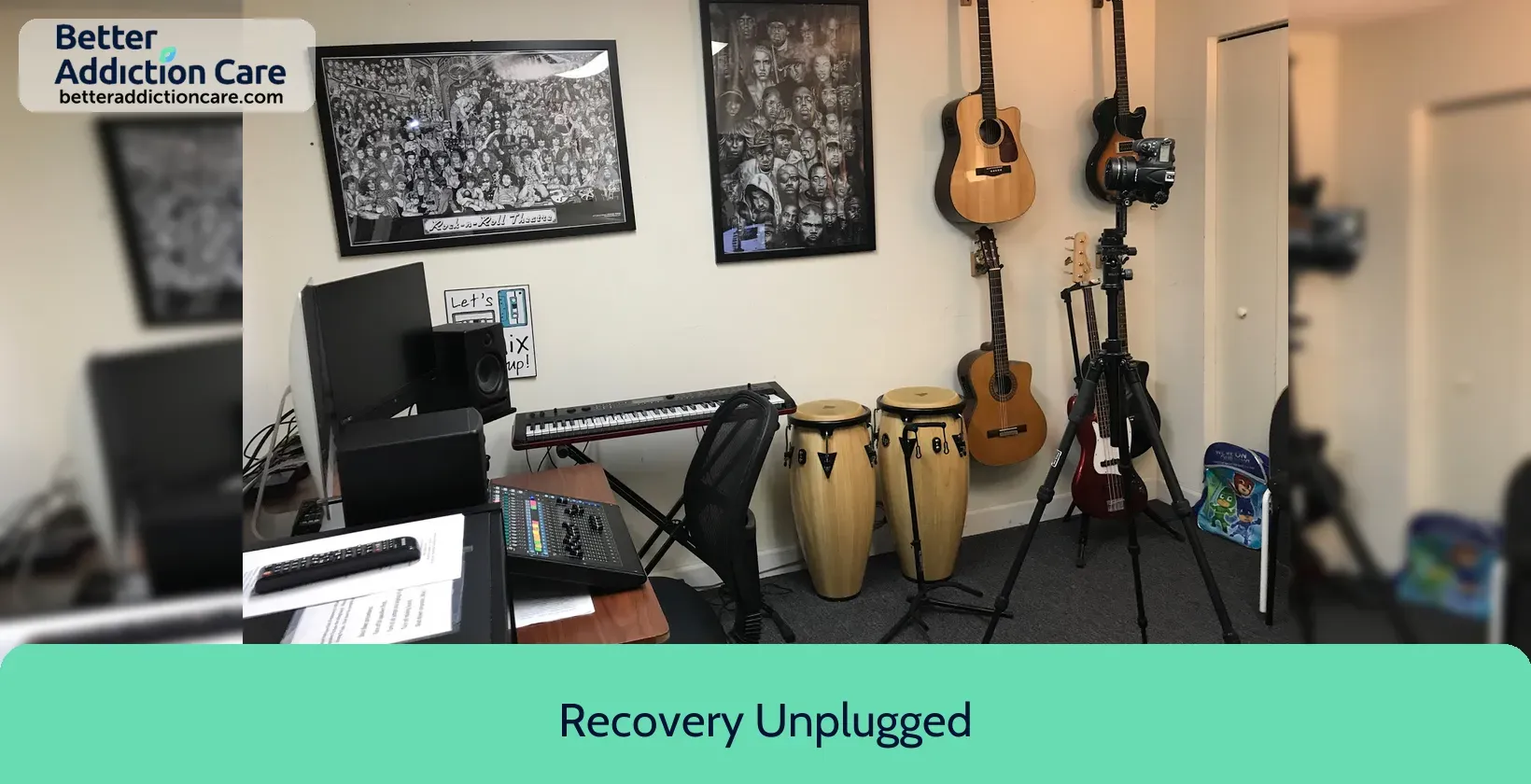
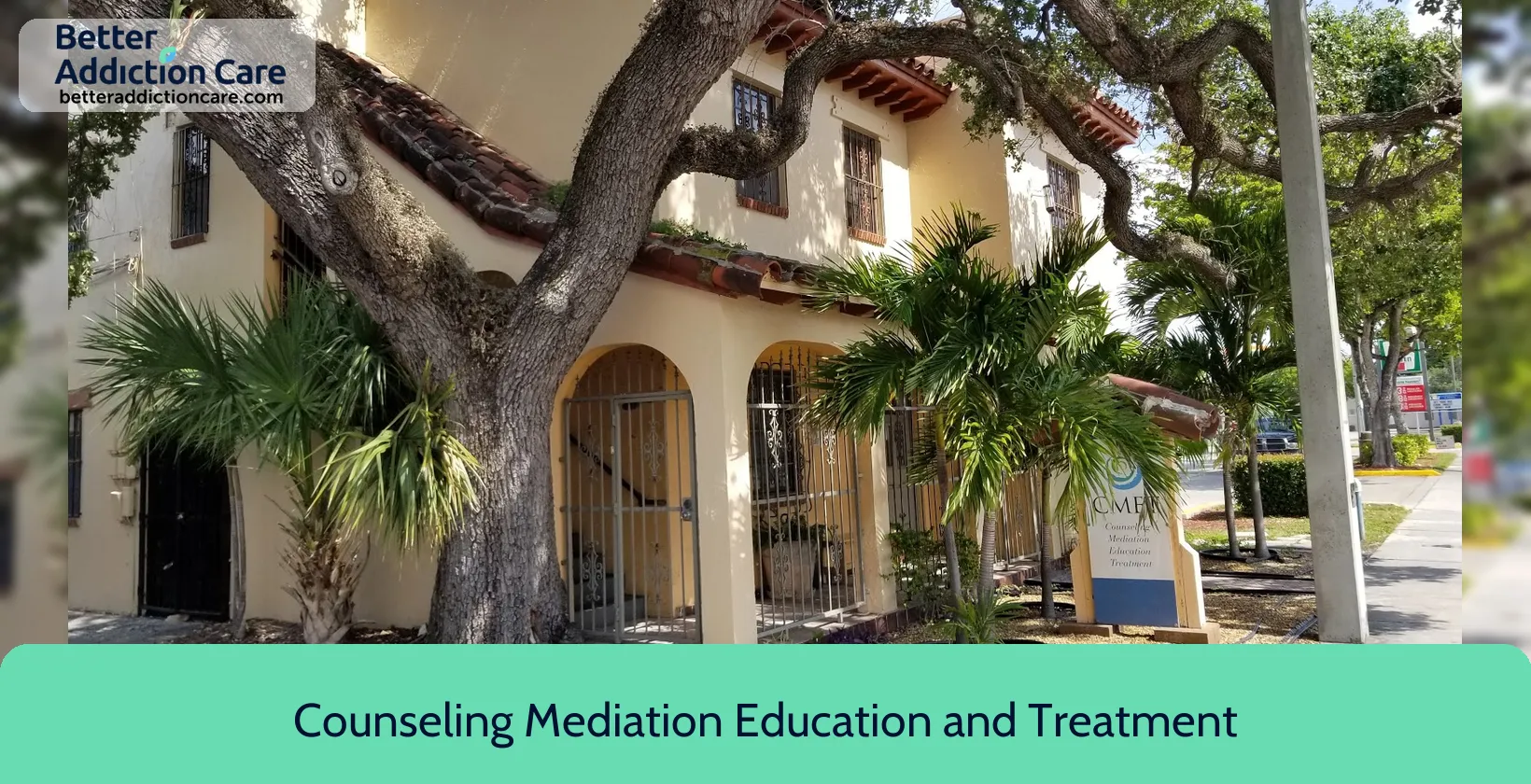
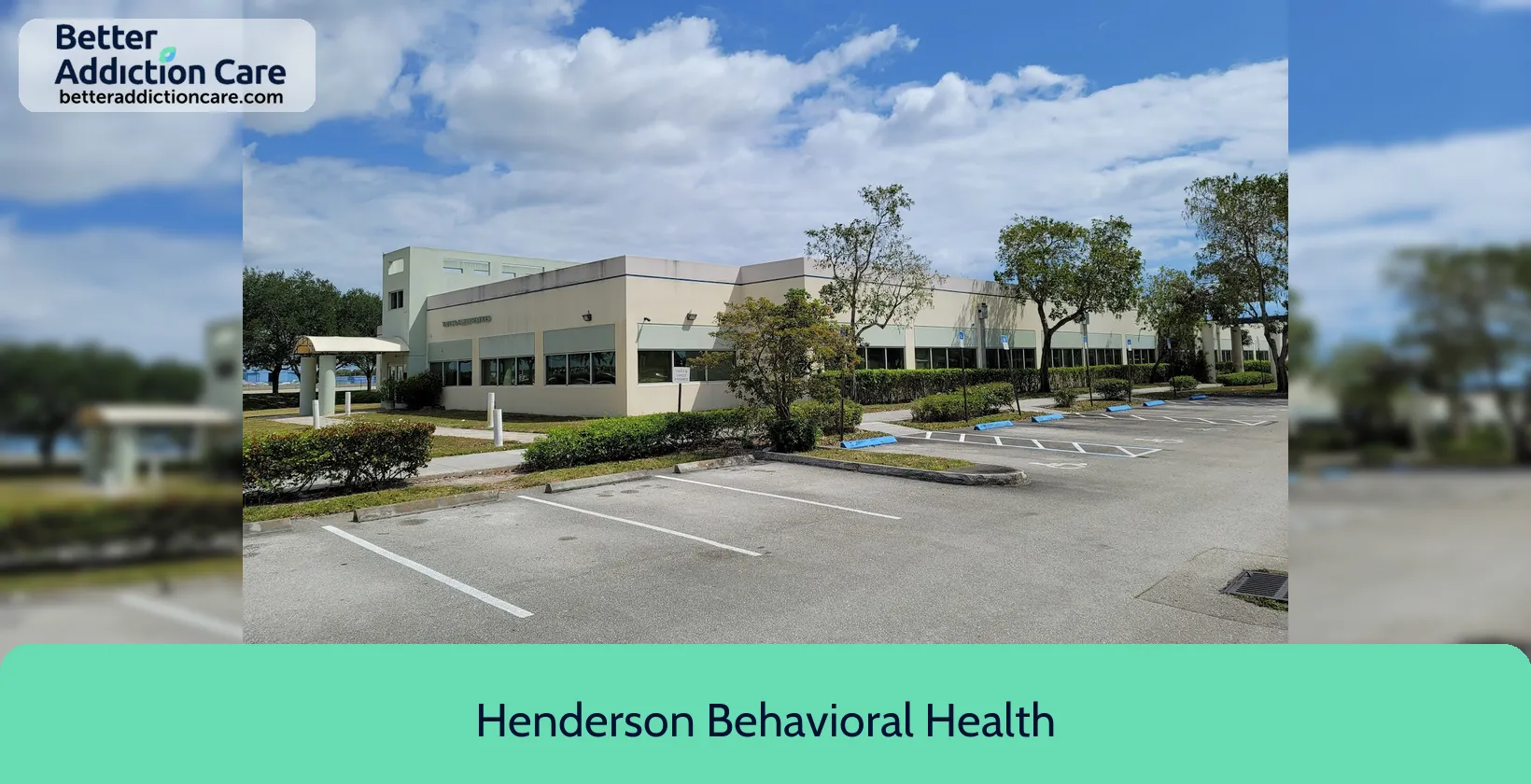

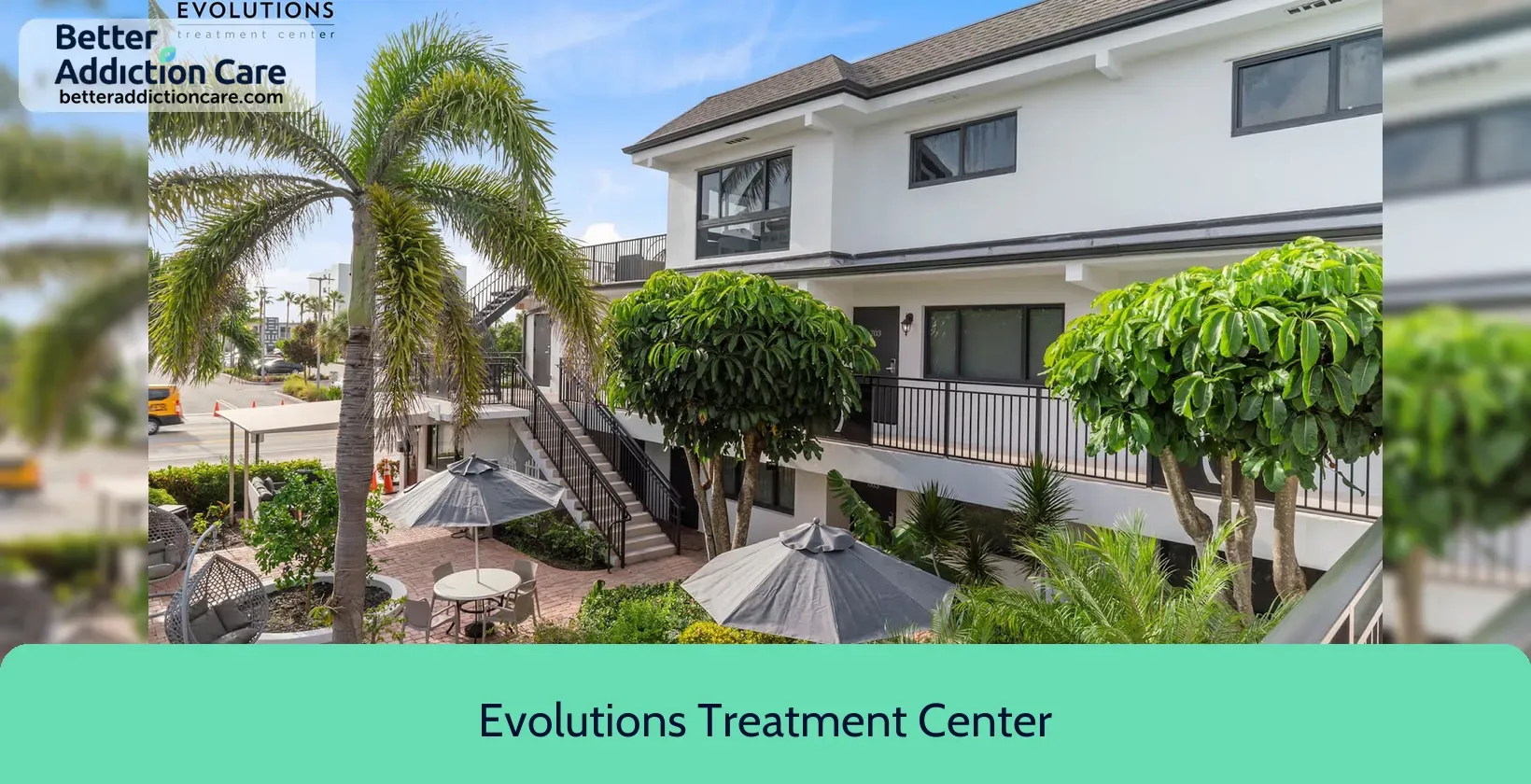
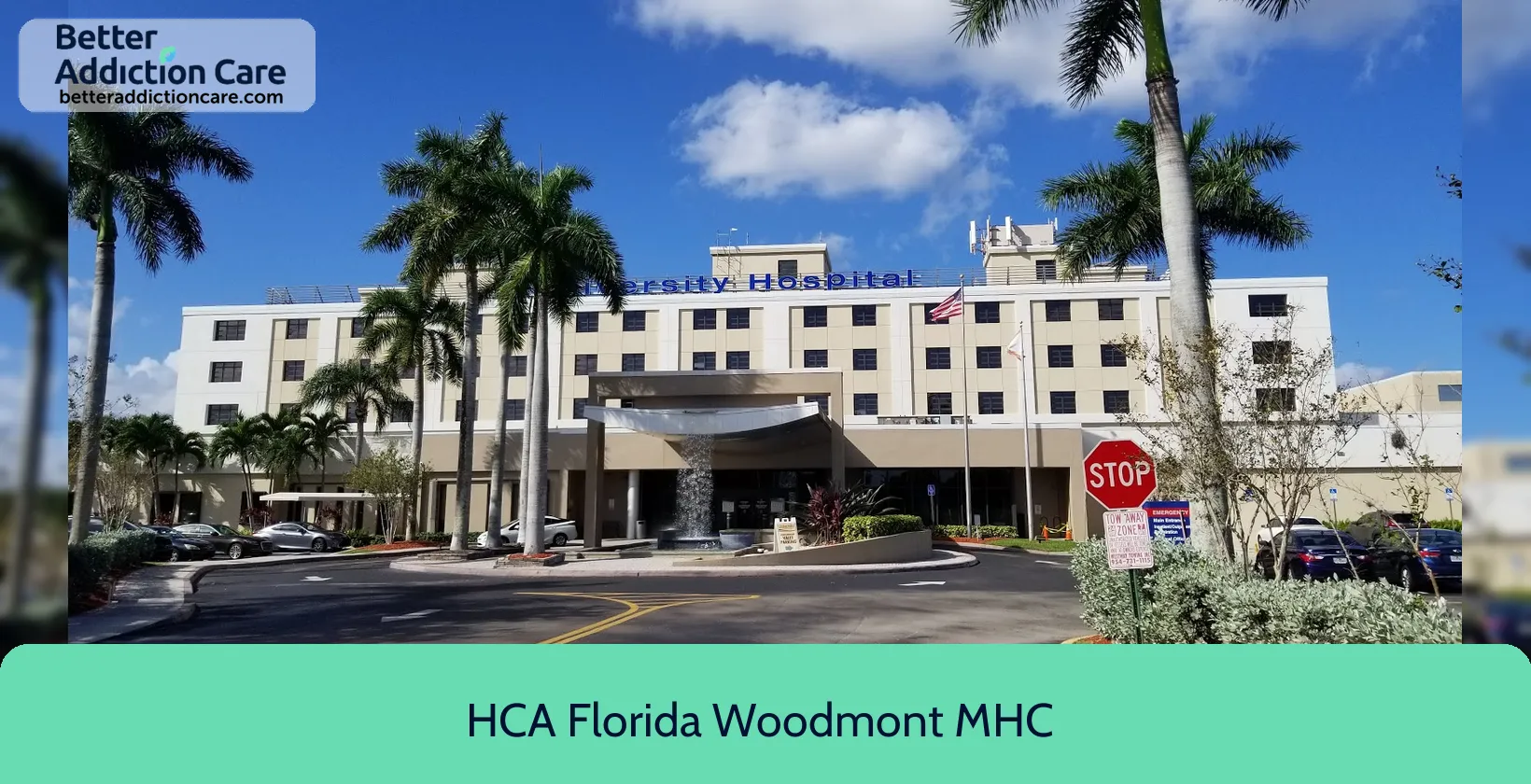
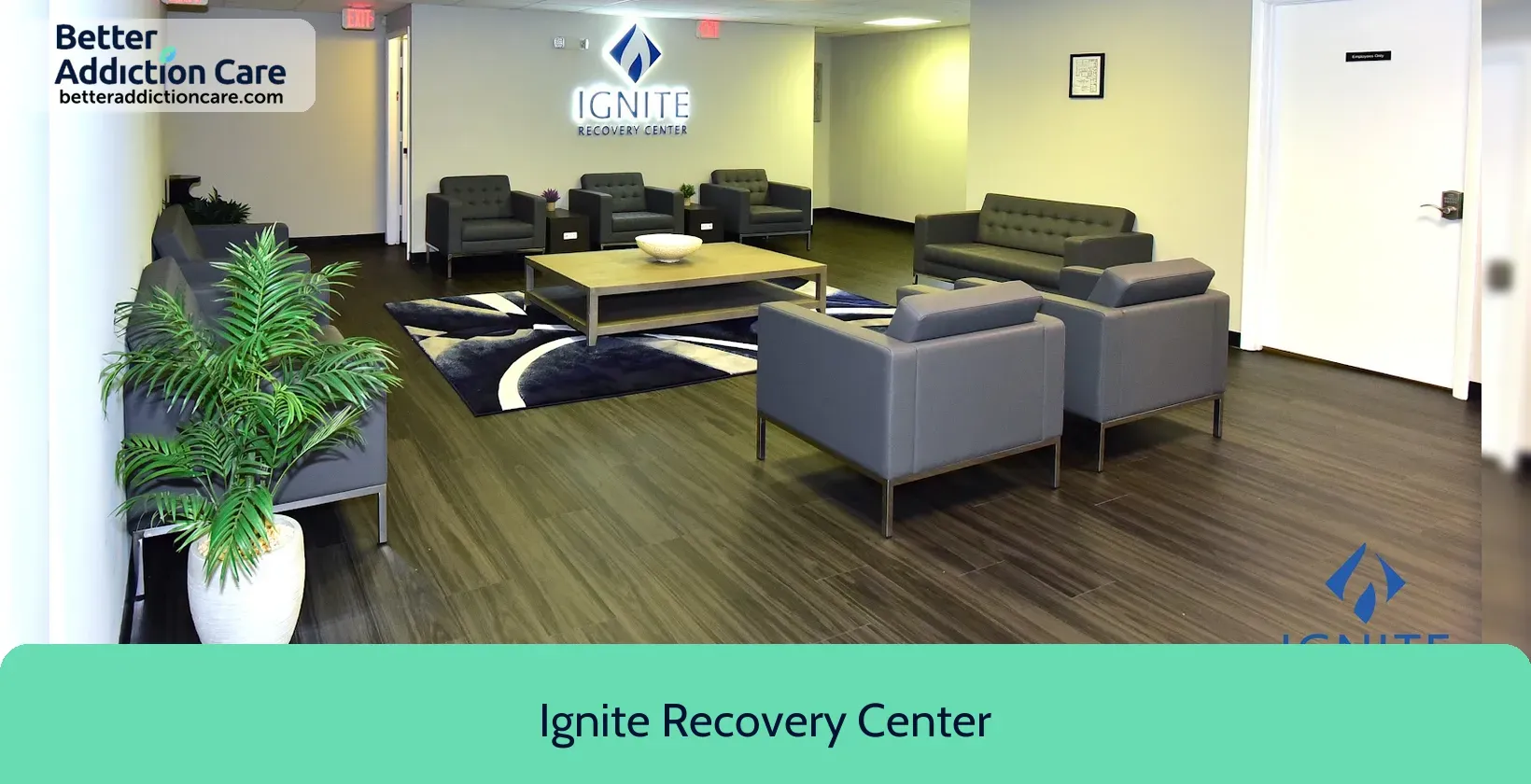
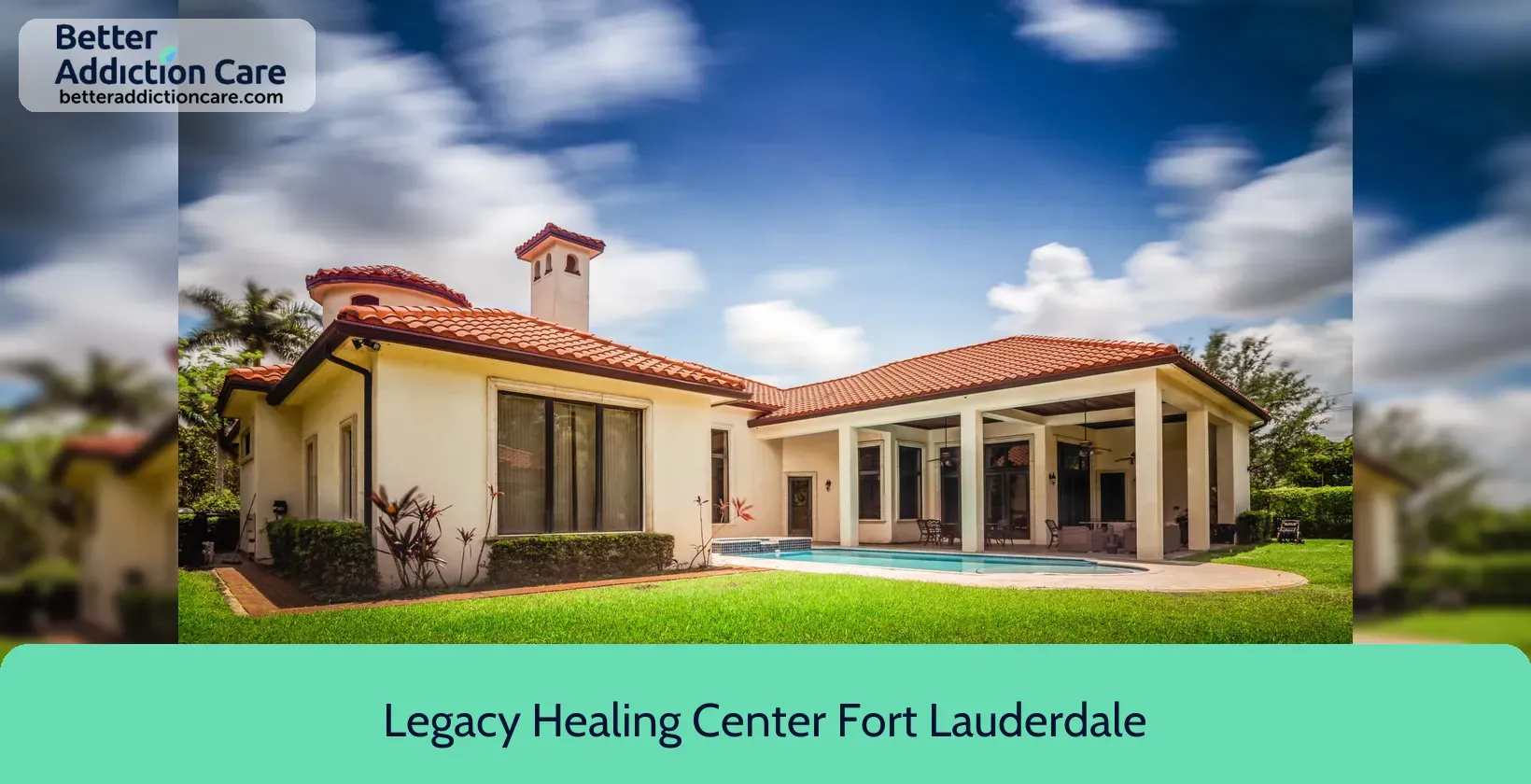
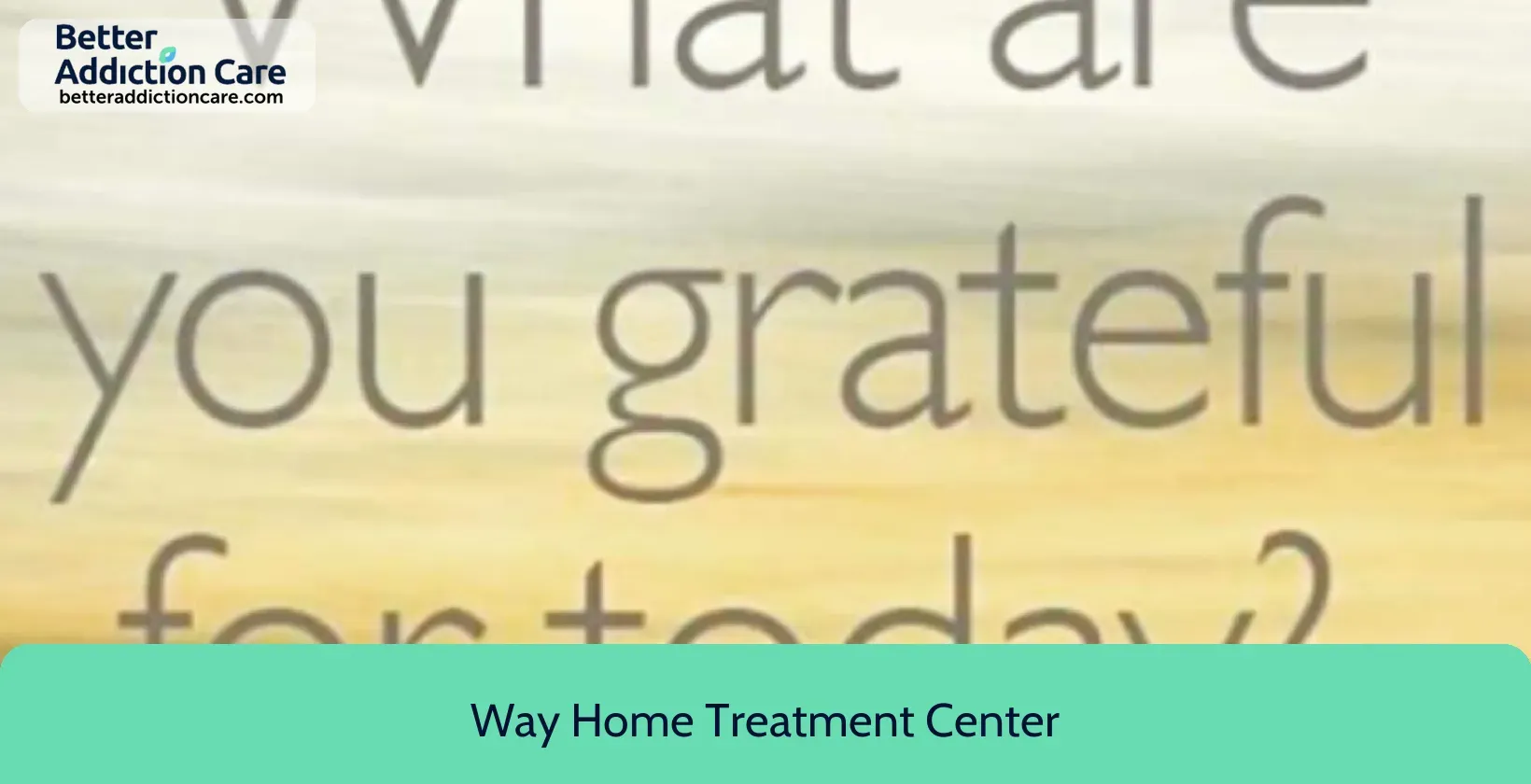

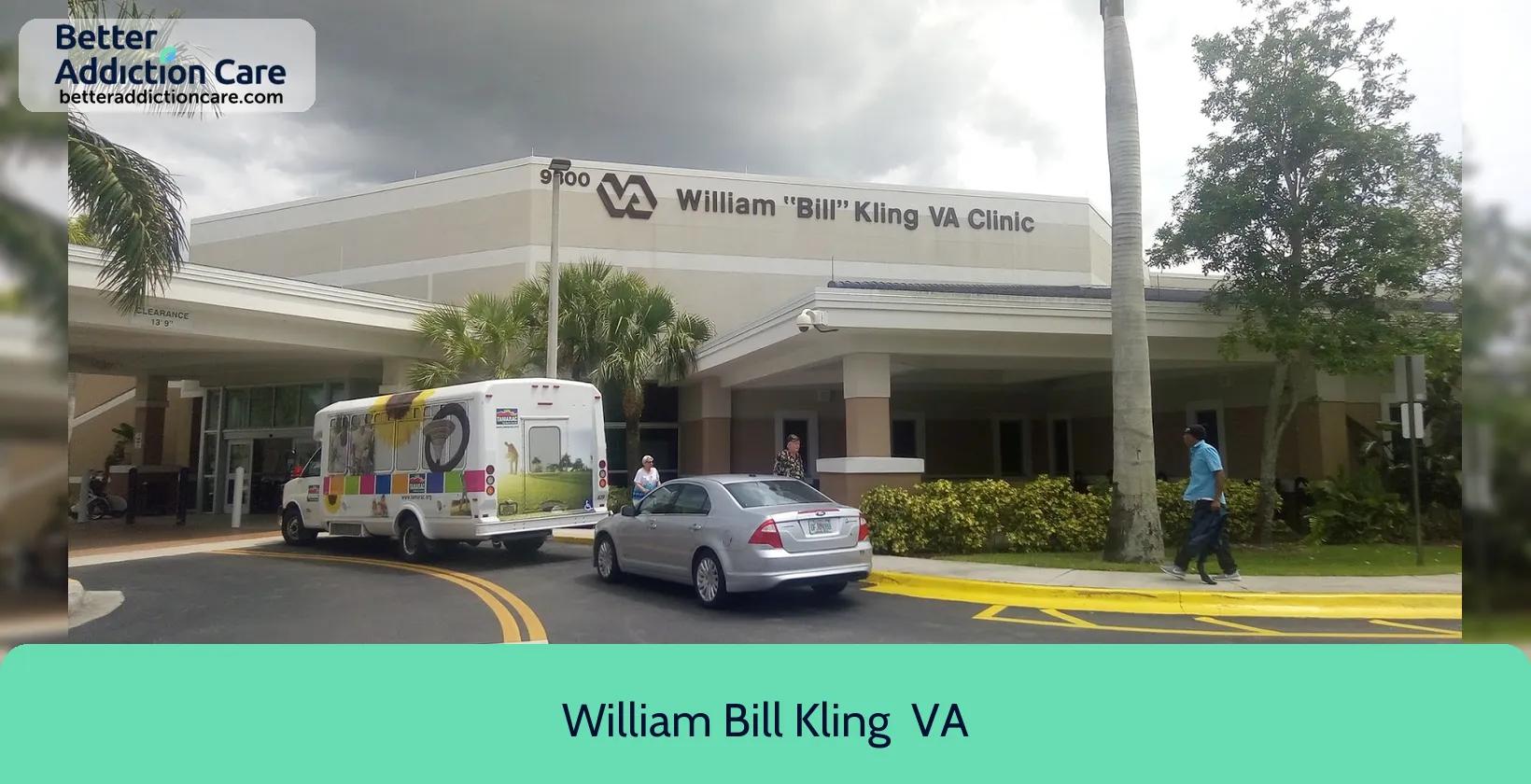
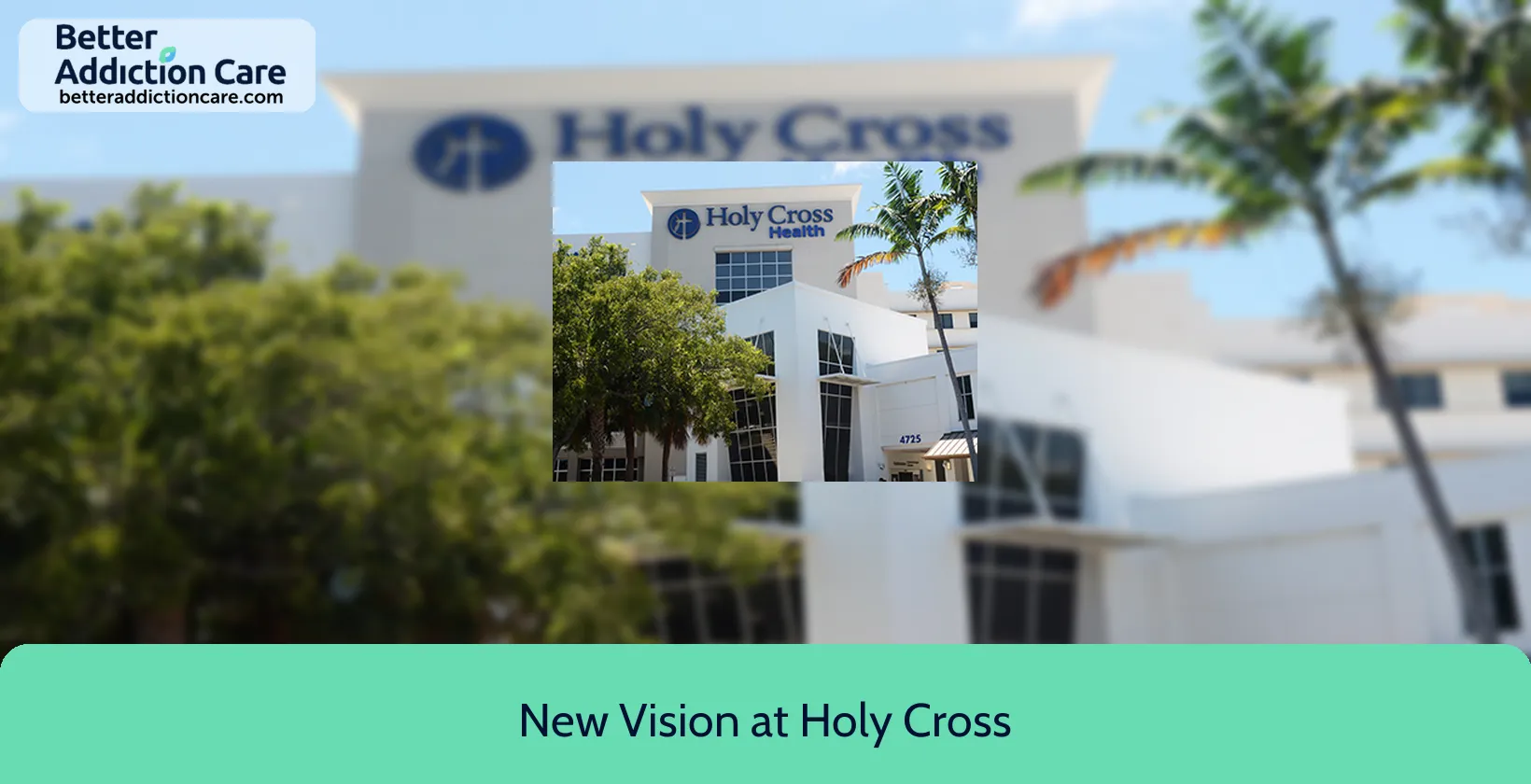
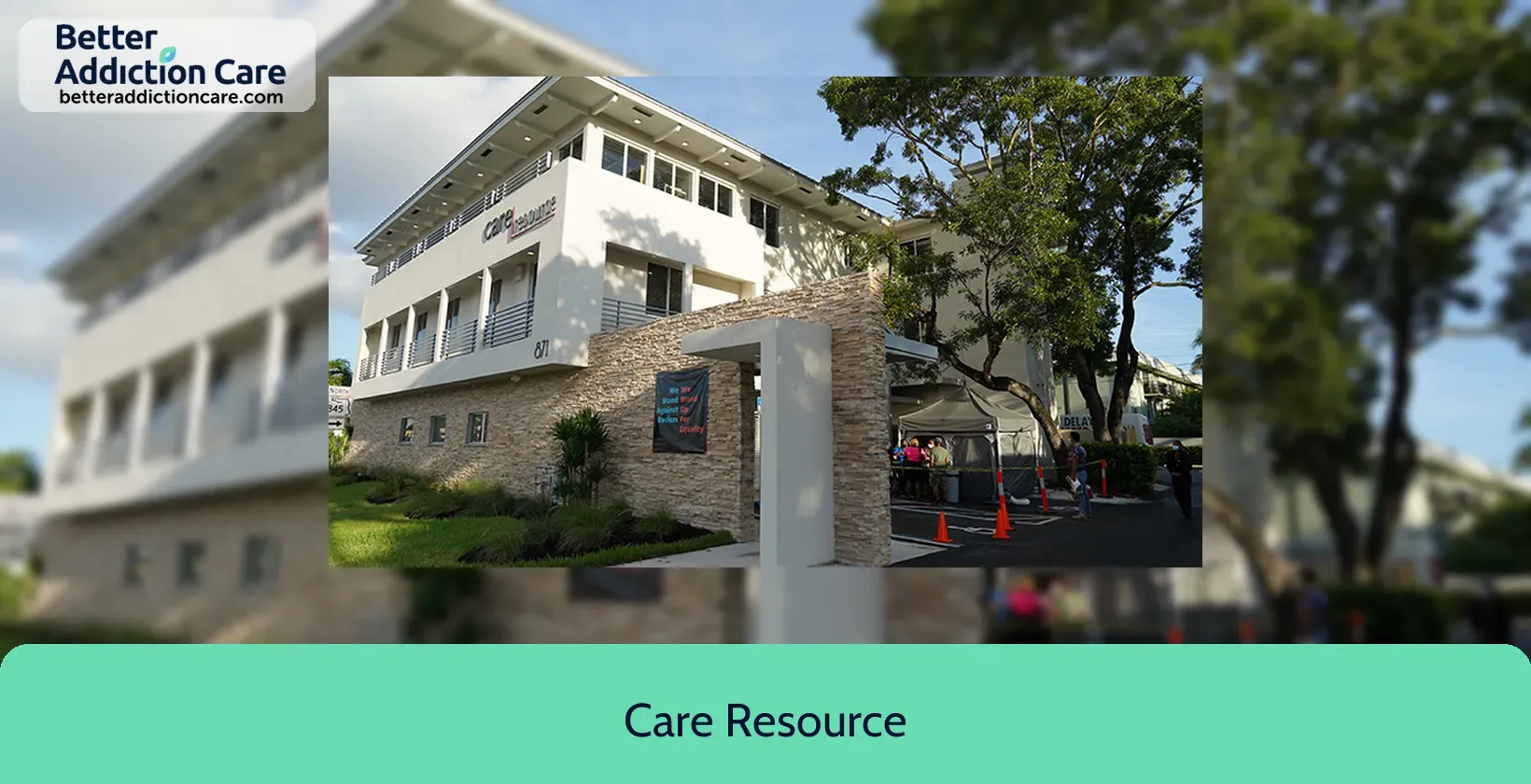
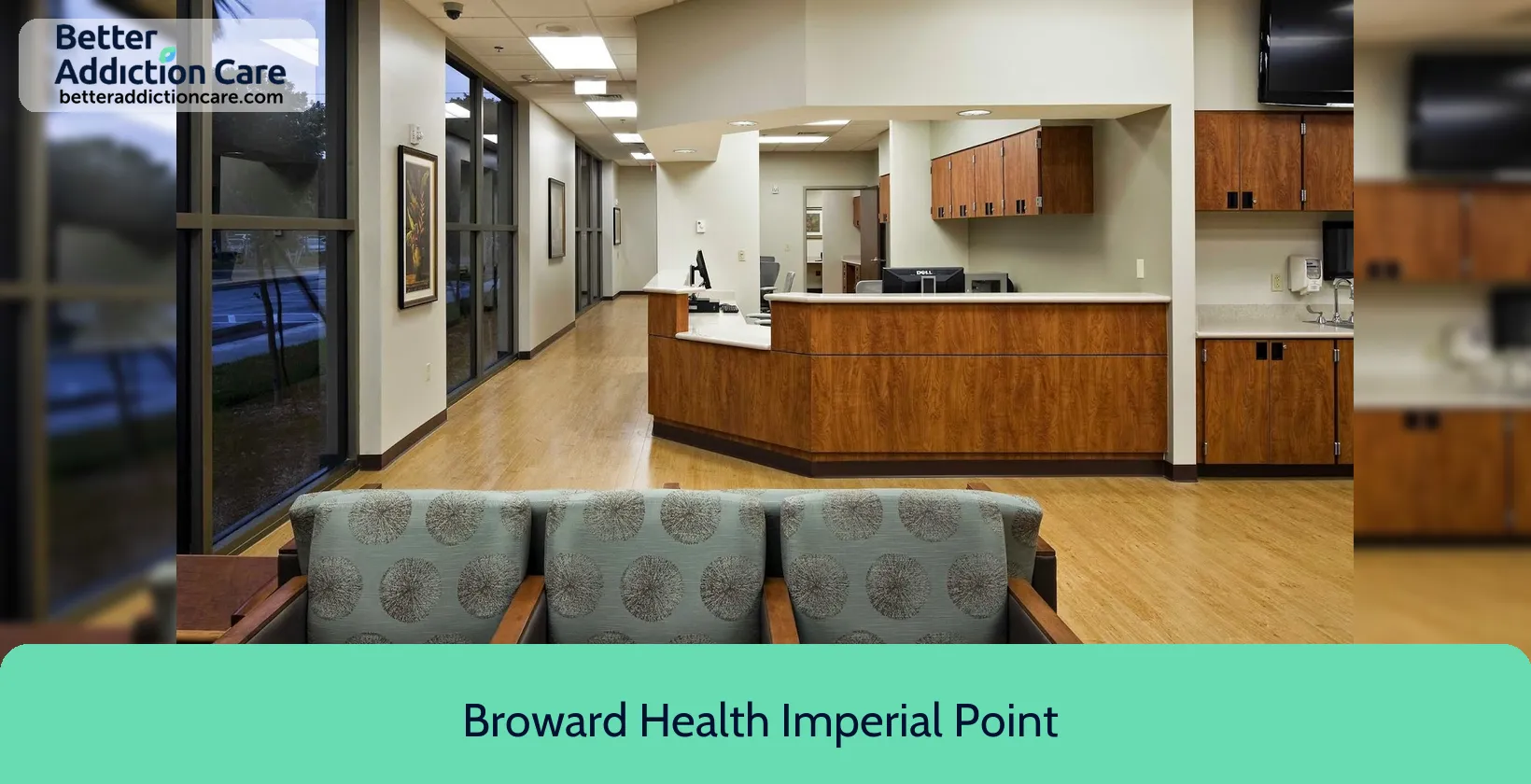
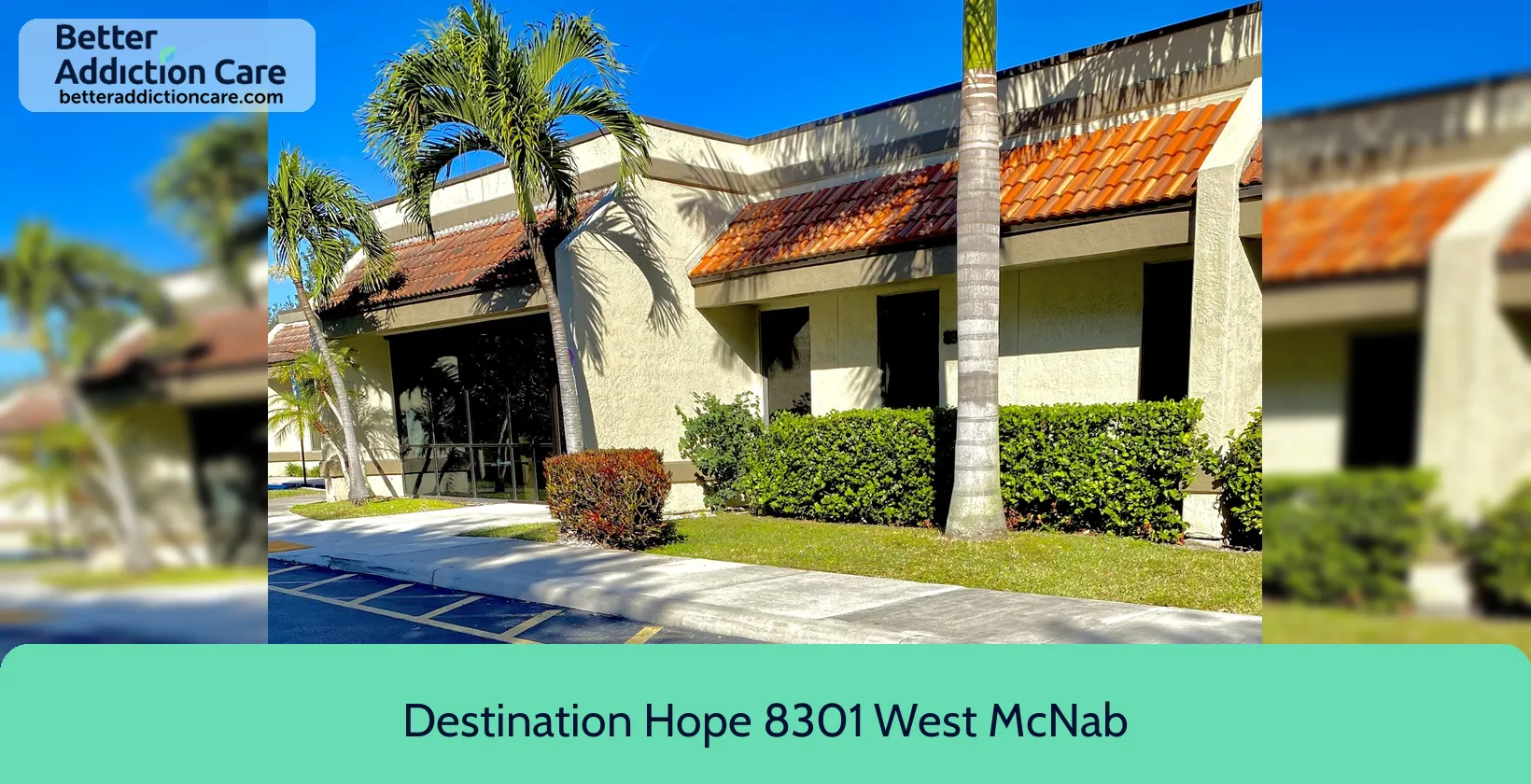
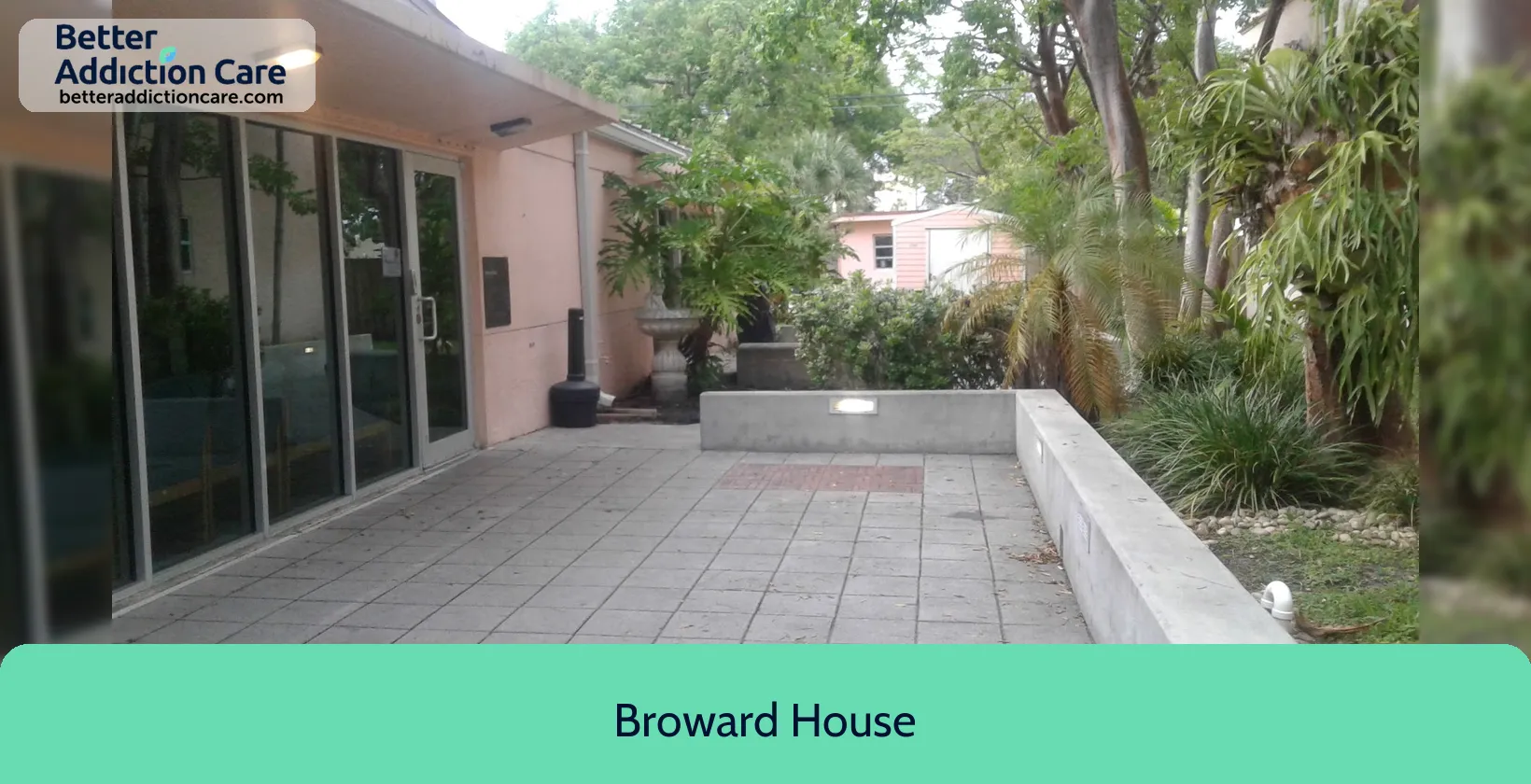

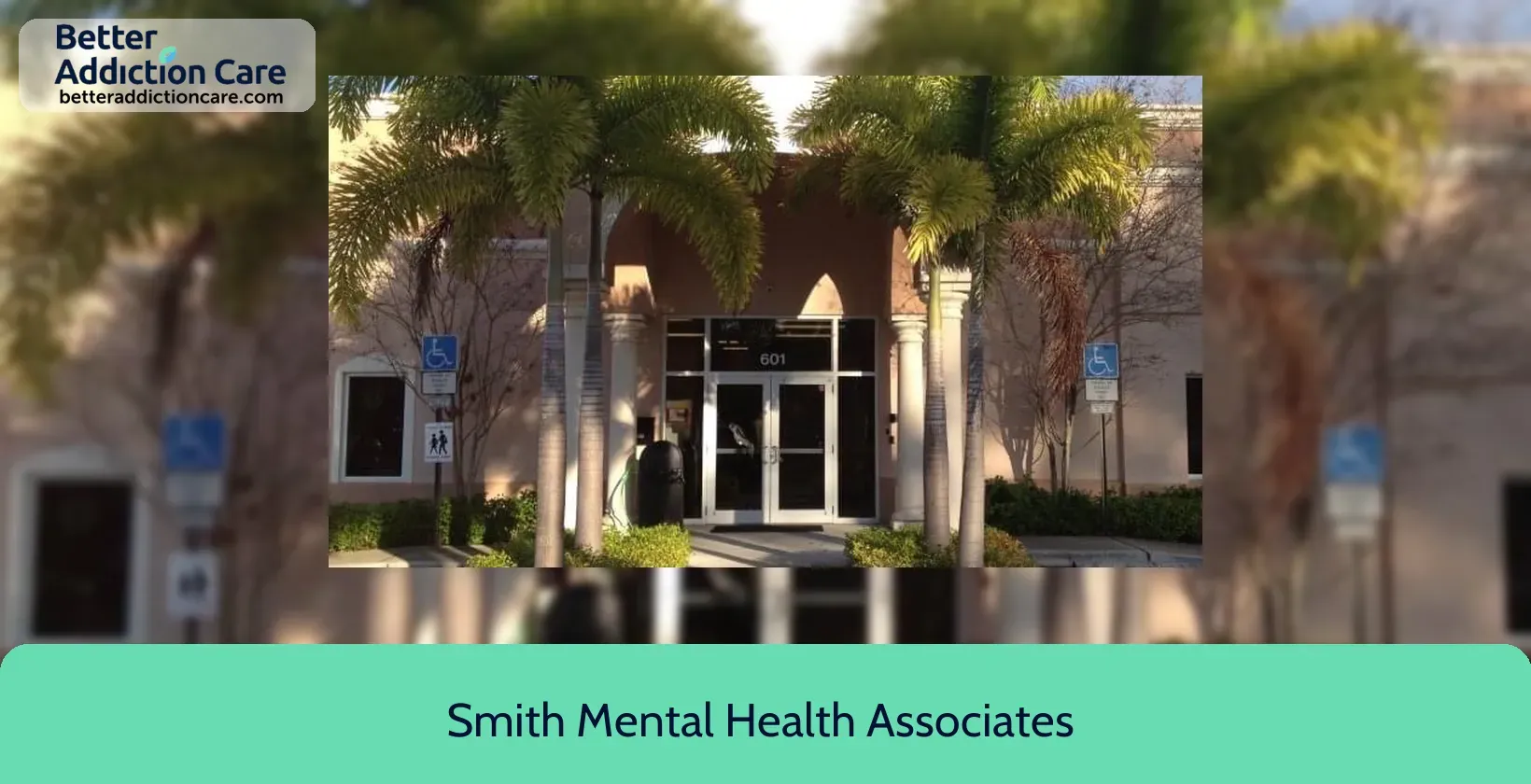
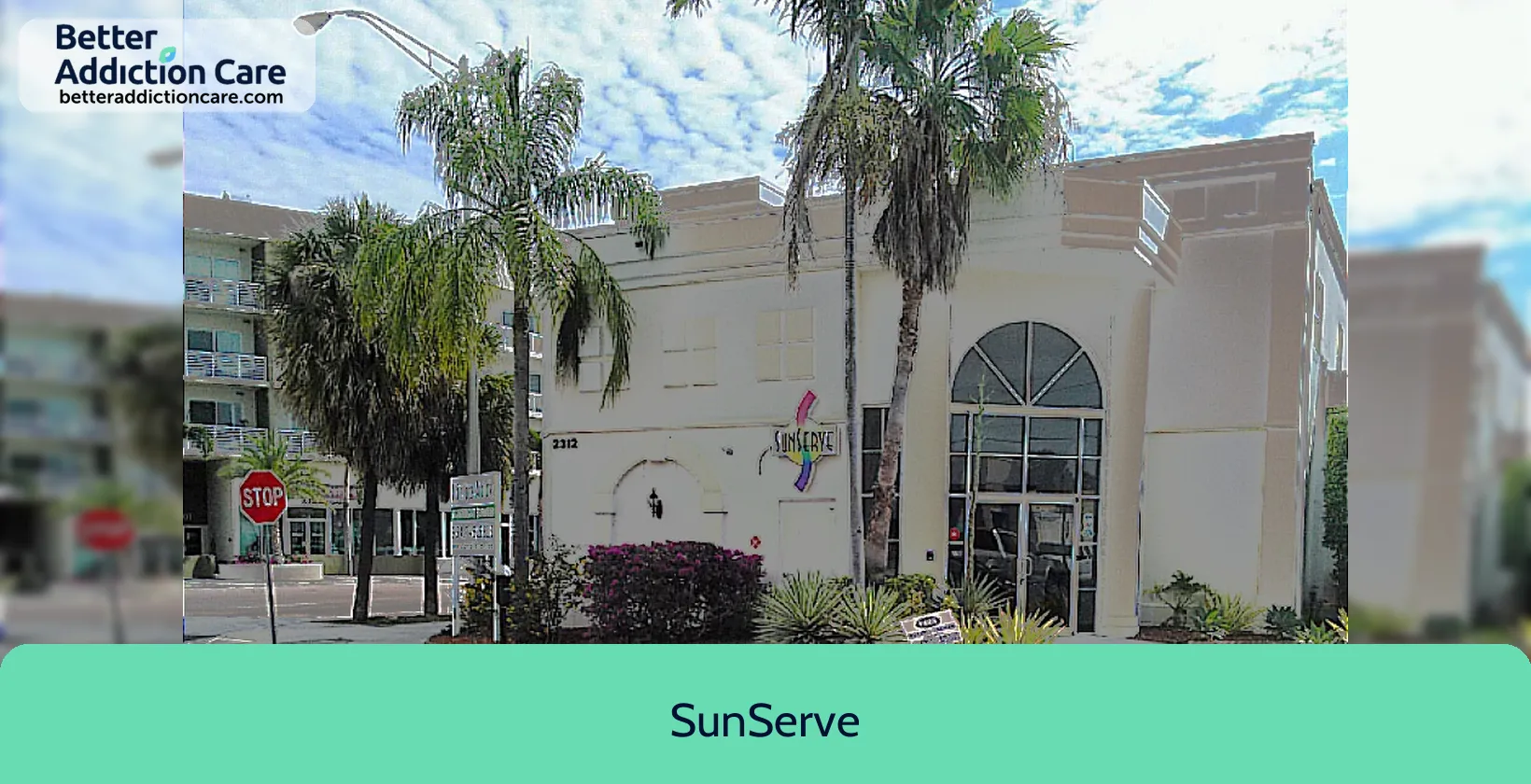

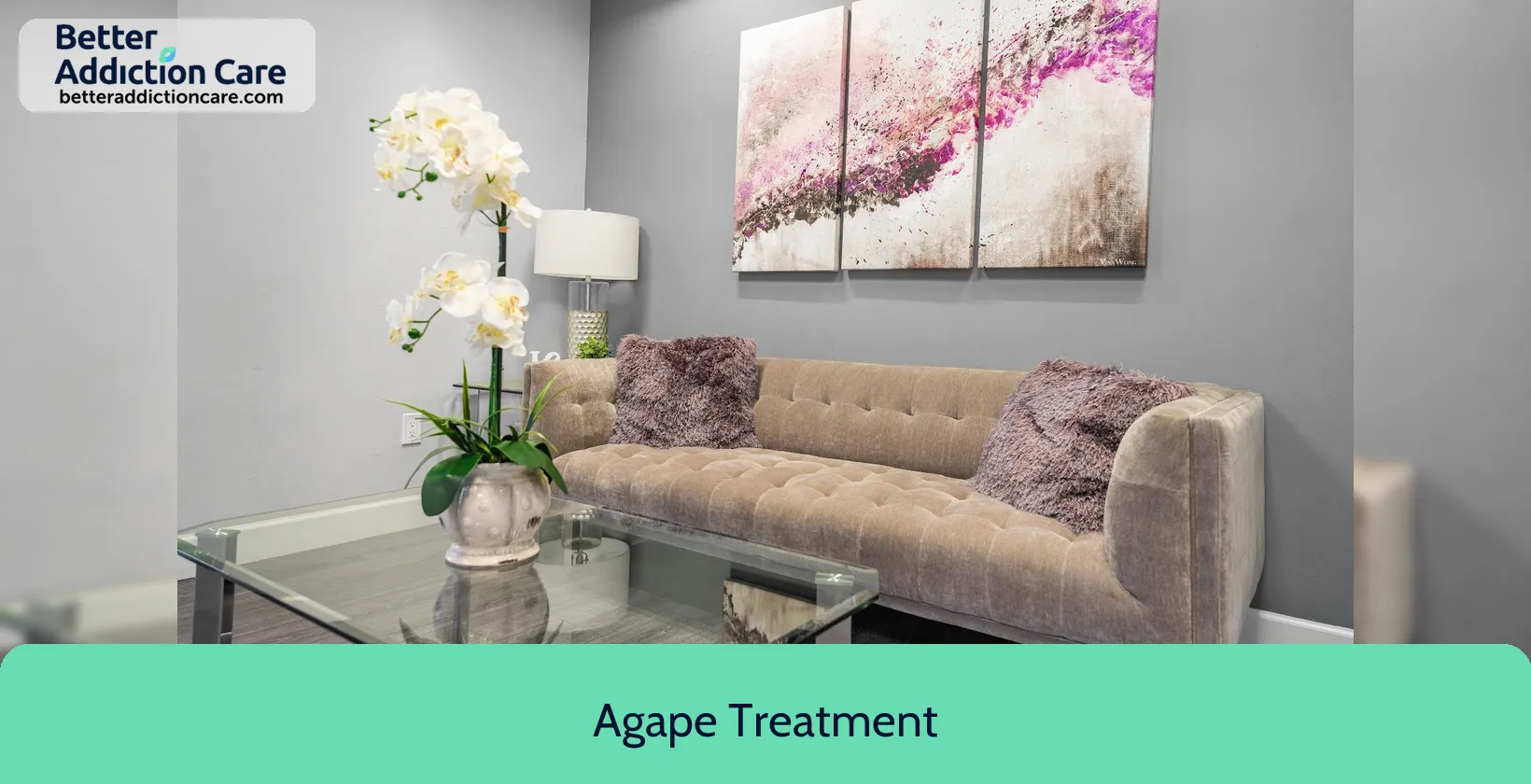


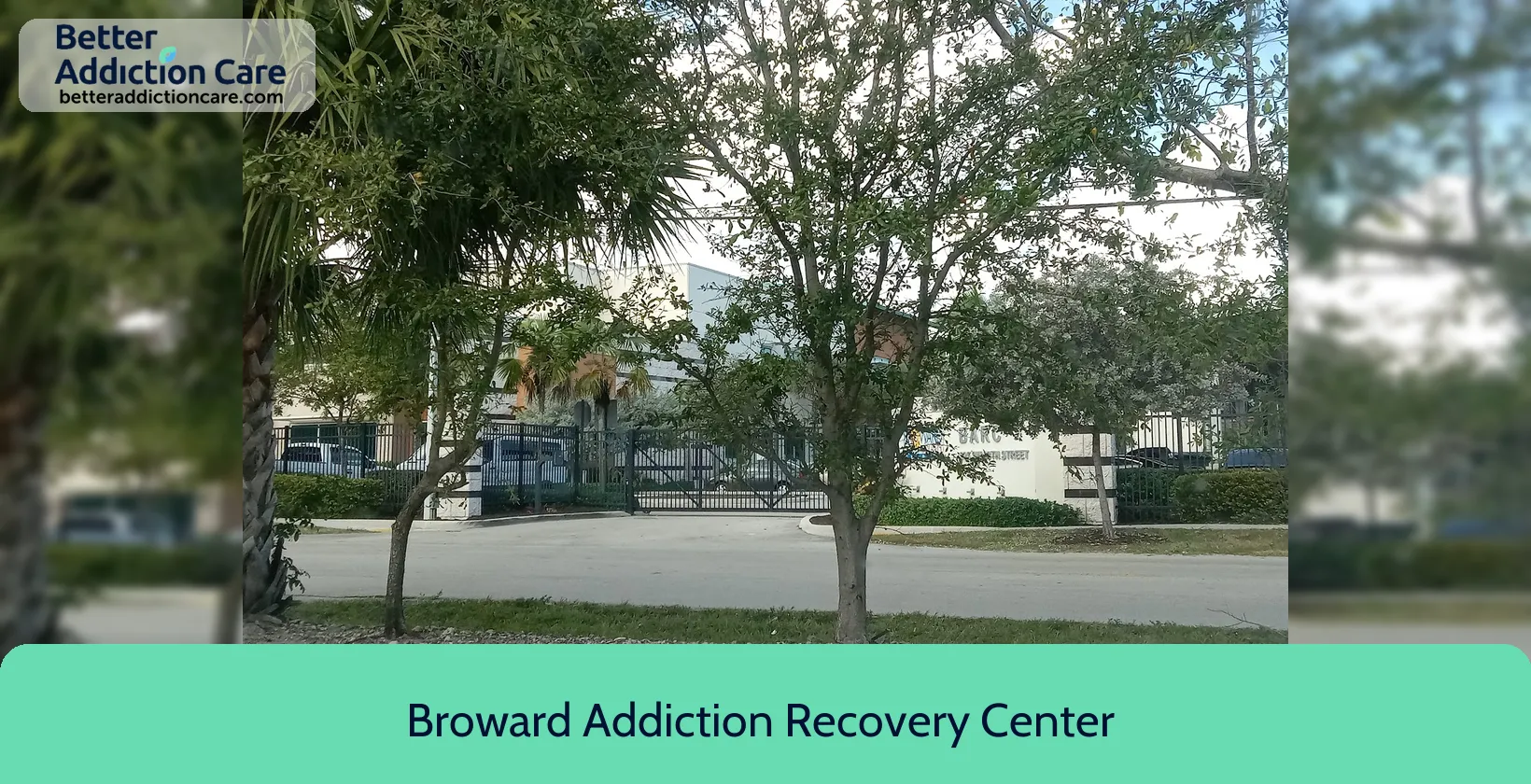
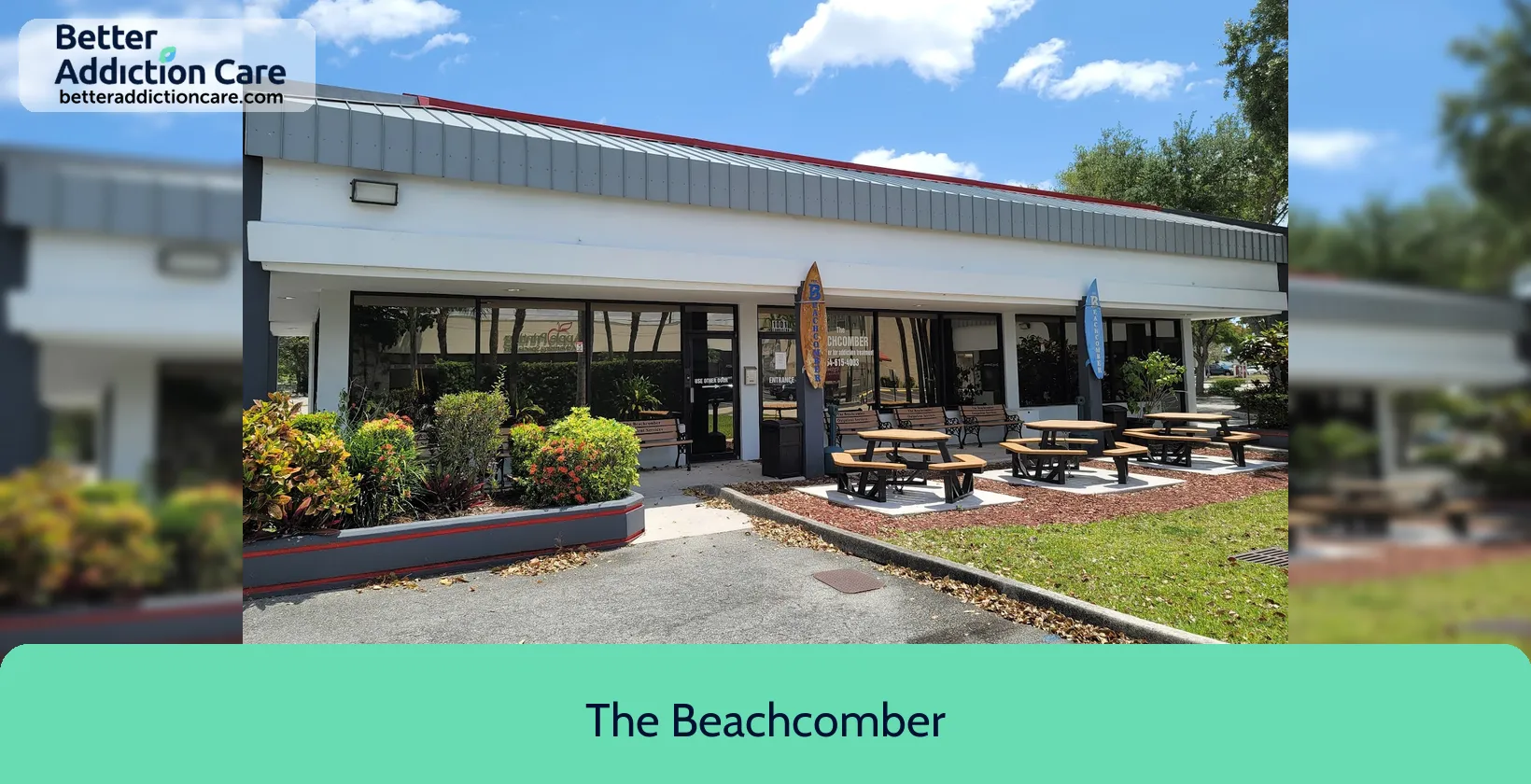

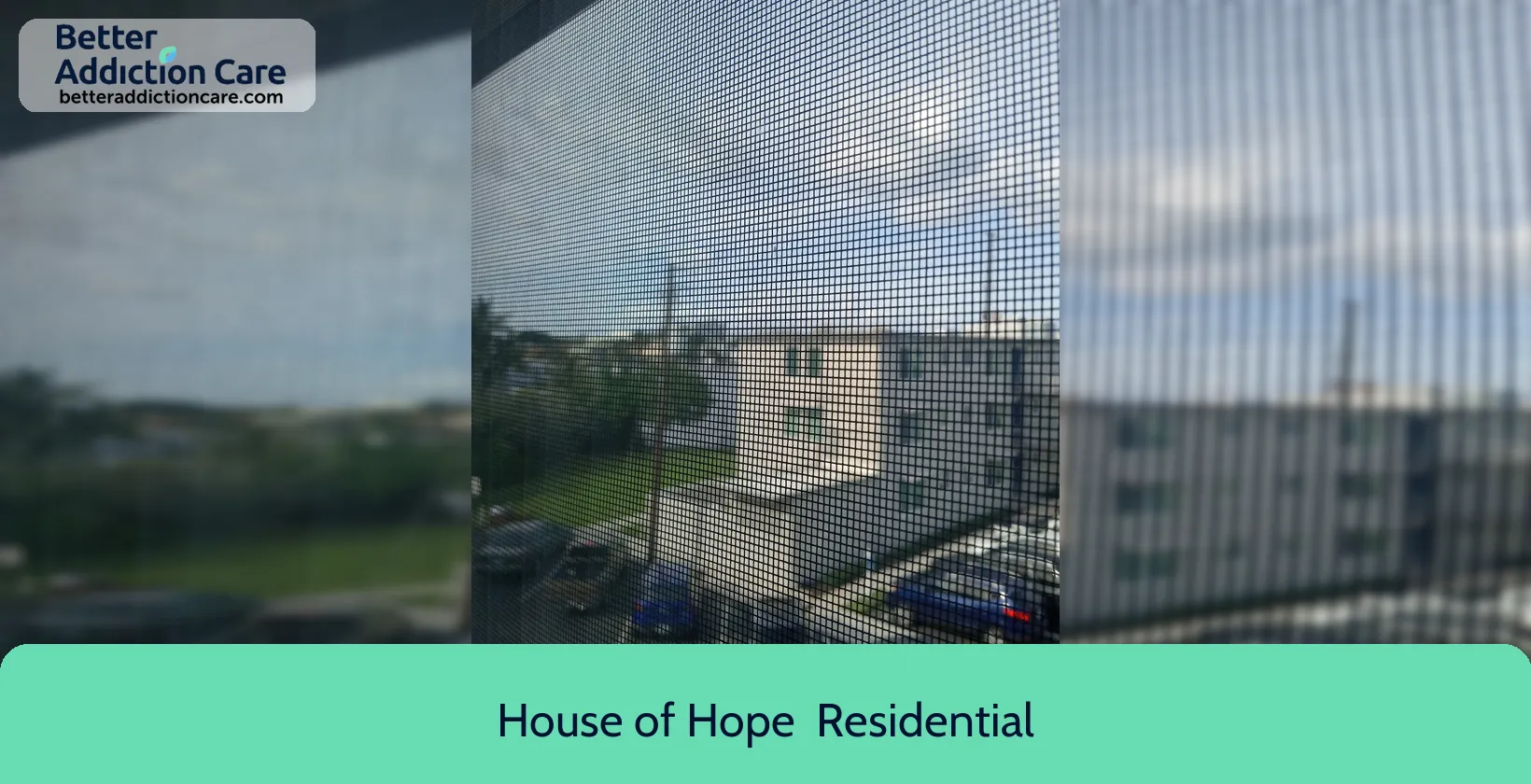



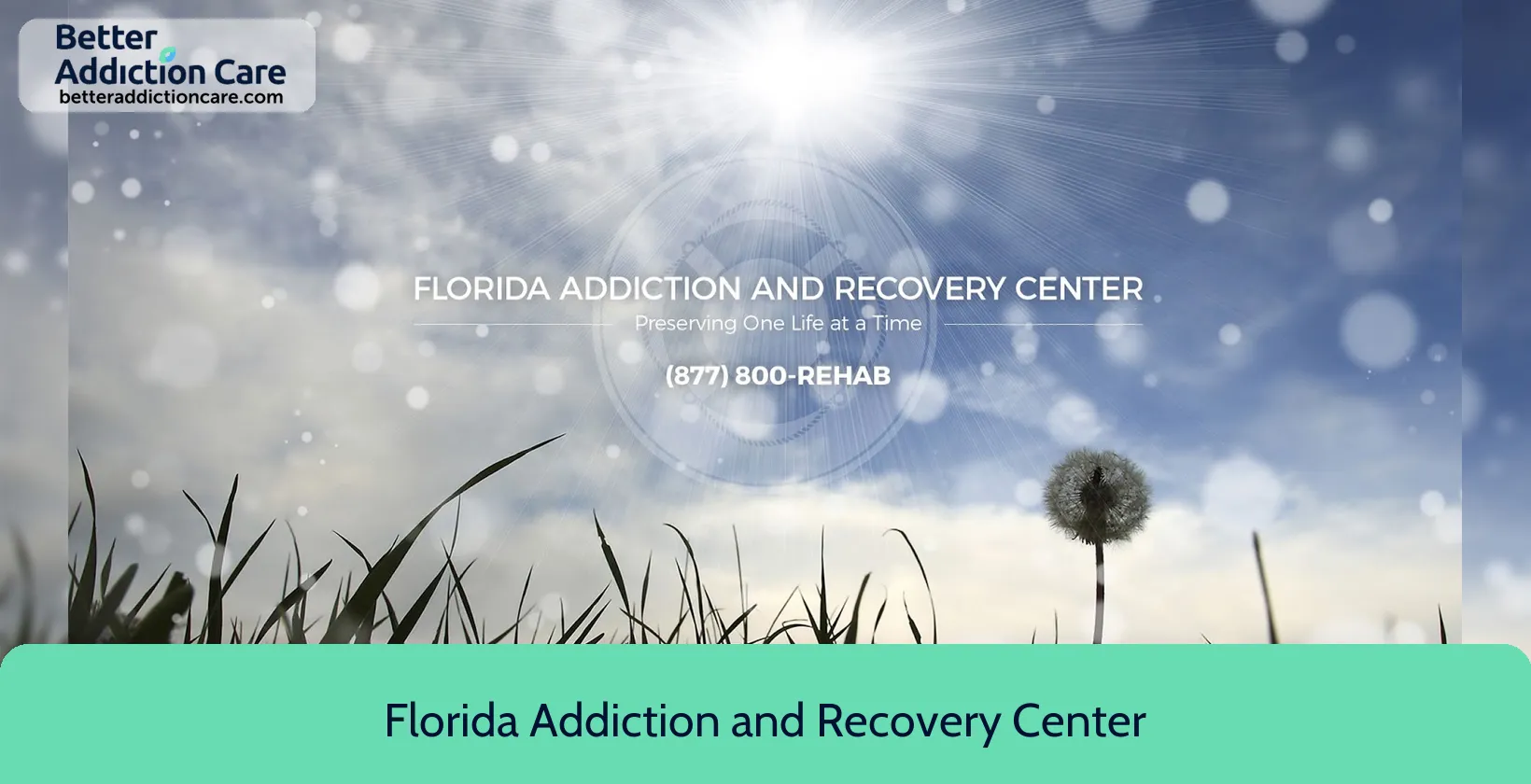







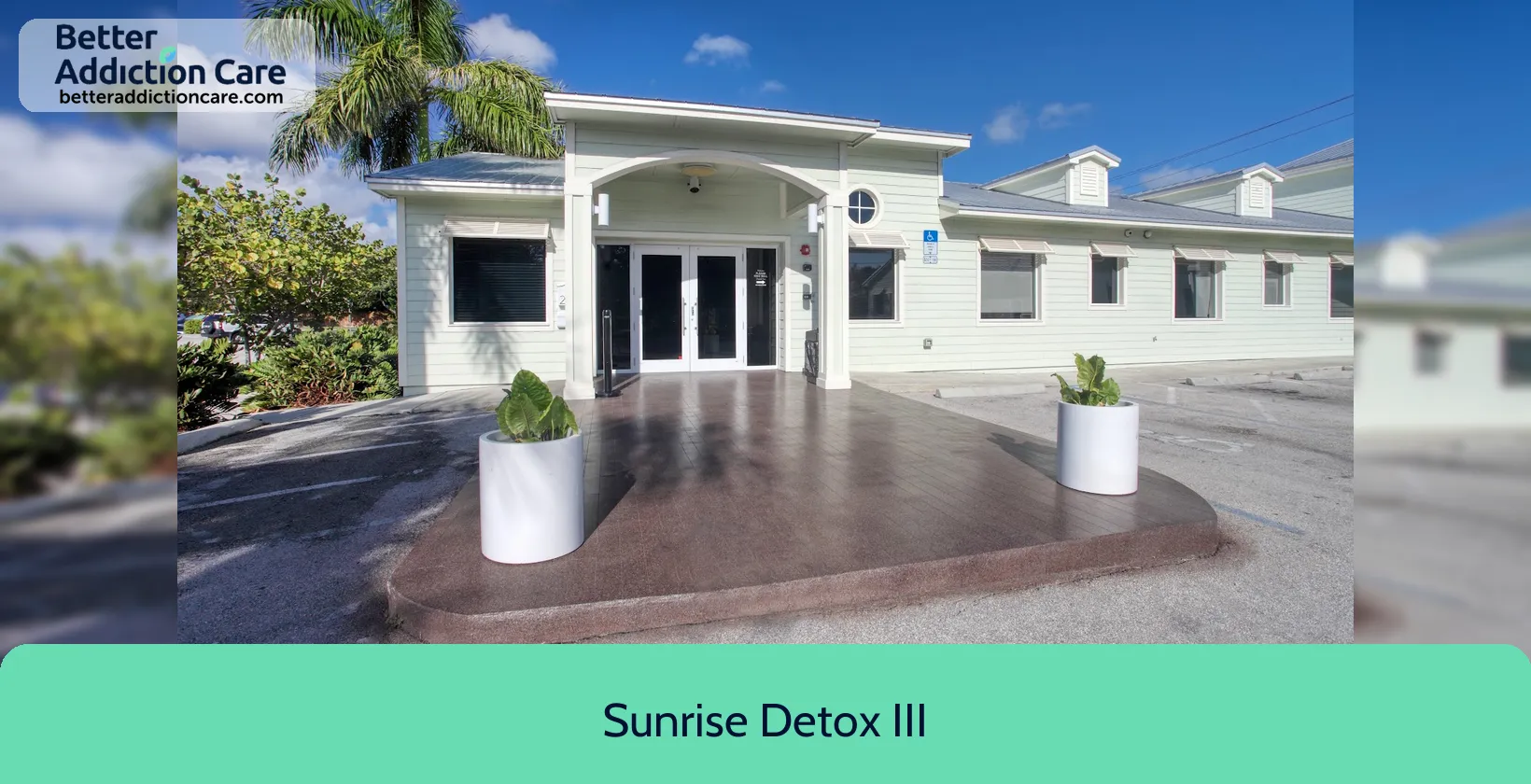
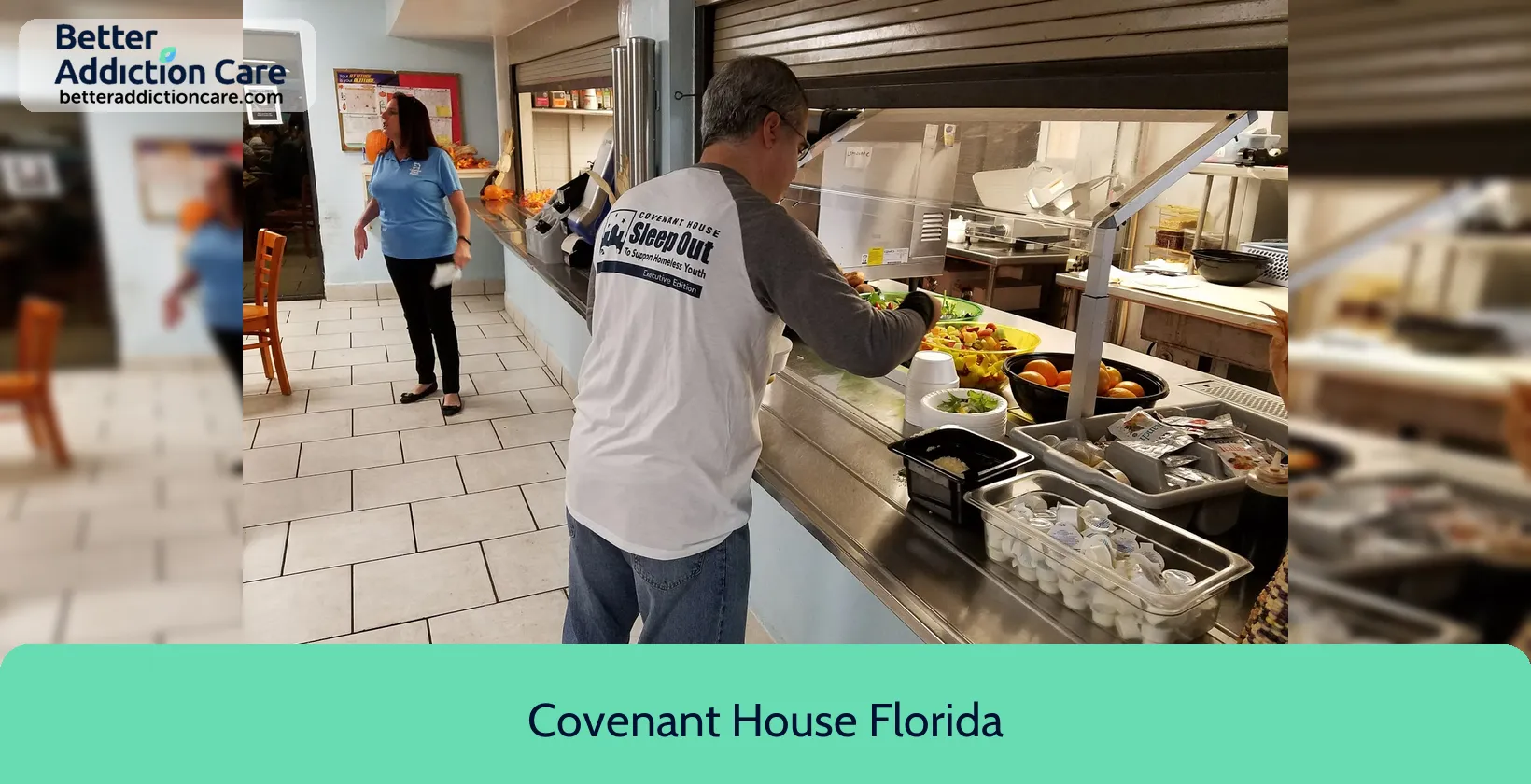
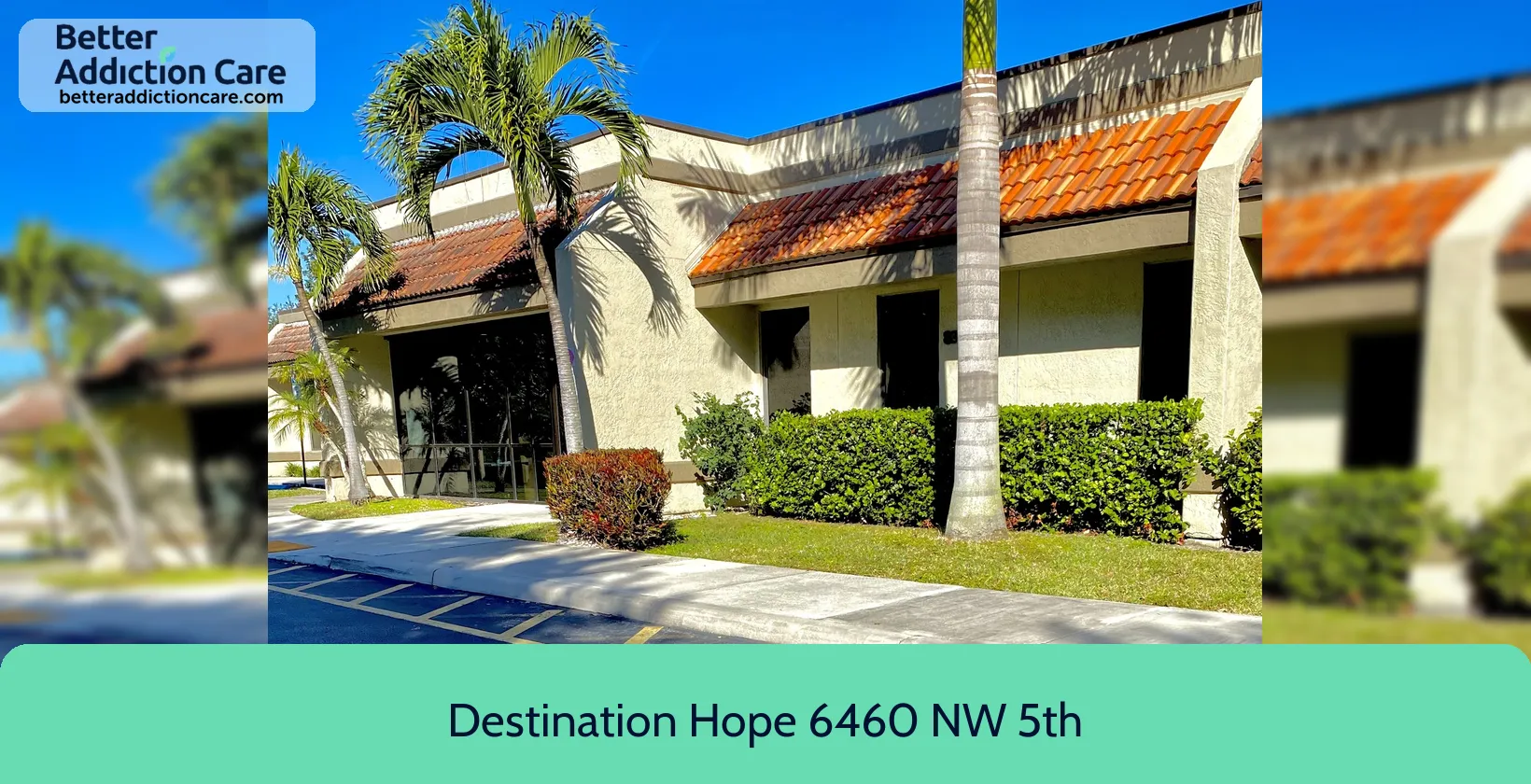



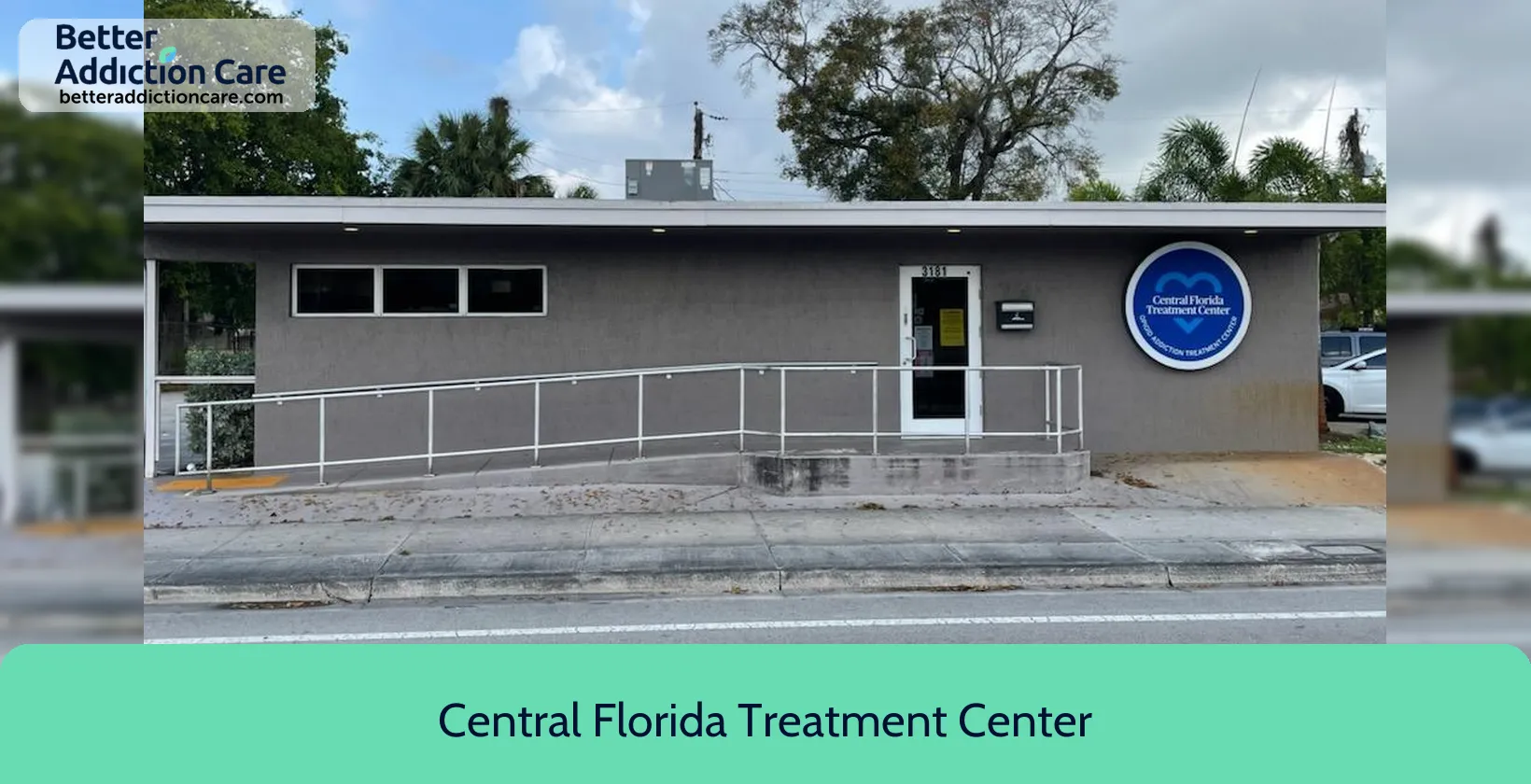
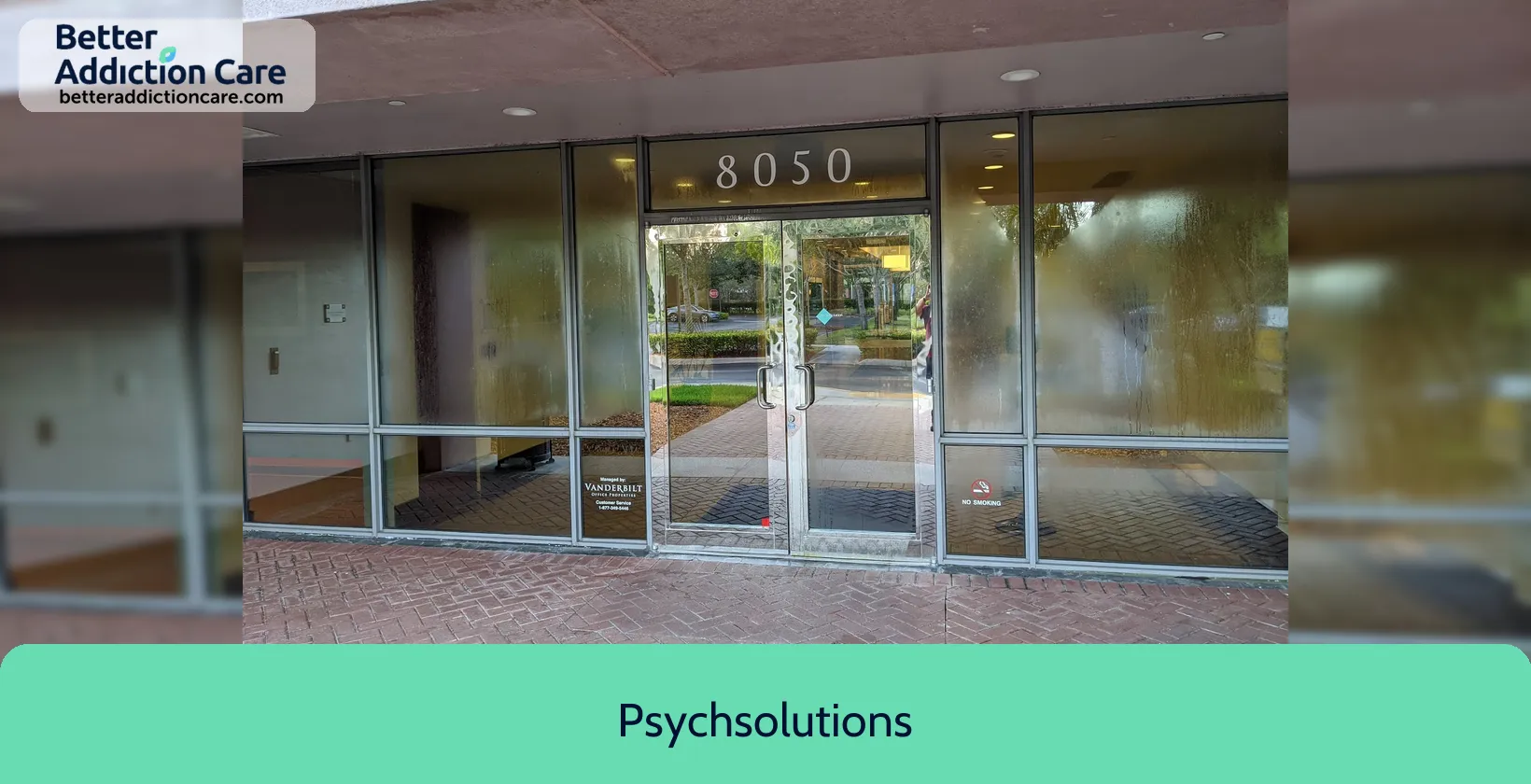

Substance Abuse Statistics for Fort Lauderdale
Substance abuse remains a significant issue in Fort Lauderdale and across Broward County, of which Fort Lauderdale is a part. According to recent statistics, an annual average of 561,000 persons aged 12 or older used any illicit drug in the past years. This figure highlights the widespread challenge of substance use, which includes drugs like marijuana, cocaine, methamphetamines, opioids, and prescription medications used non-medically.
How Many Rehab Facilities Does Fort Lauderdale Have?
Fort Lauderdale offers a wide range of rehab facilities to address substance abuse, overdose prevention, and mental health recovery. There are approximately 67 rehab centers spread throughout the city. These centers provide various services, including detox programs, inpatient and outpatient treatments, counseling, and holistic therapies, all designed to help individuals achieve long-term recovery and build a healthy, sustainable lifestyle.
Among Fort Lauderdale substance abuse rehab facilities, approximately 47 accept Medicaid, 34 accept Medicare, and about 67 work with private insurance companies.
How Much Do Rehab Facilities in Fort Lauderdale Cost?
The cost of drug and alcohol rehab in Fort Lauderdale can vary significantly based on several factors, including the type of treatment, length of stay, and amenities provided. While there’s no specific data for the city of Fort Lauderdale, we can make estimations based on the information available about rehab facilities in Florida. For example, the average cost of rehab in Florida is $56.640. Below, you can find the costs of inpatient and outpatient services :
Inpatient rehab facilities:
-
$629.33 per day without insurance coverage
-
$251.73 per day with 60% insurance coverage
-
$125.87 per day with 80% insurance coverage
Outpatient rehab facilities:
-
$56.83 per day without insurance coverage
-
$22.73 per day with 60% insurance coverage
-
$11.37 per day with 80% insurance coverage
However, to get an accurate estimate of the cost, we recommend that you call the rehab facility you’re considering and ask for a detailed breakdown of costs, including what’s covered by insurance and any additional out-of-pocket expenses.
Types of Rehab Facilities in Fort Lauderdale
Fort Lauderdale offers a wide range of rehab facilities providing care for those struggling with mental health and substance abuse disorders. You can choose from inpatient and outpatient facilities that provide excellent services, such as the Legacy Healing Center in Fort Lauderdale. You can also choose rehab facilities based on your budget. The city has luxury and low-cost/free treatment centers to choose from. Here’s an overview of the different types of rehab facilities available:
|
Inpatient rehab centers |
Free or Low-cost rehab centers |
|||
FEATURES |
Residential program |
Schedule according to work, school or other |
Comfortable accommodations |
Basic treatment |
|
Continuous monitoring |
Day programs (partial hospitalization) |
Holistic activities |
Detoxification |
|
|
Therapy sessions |
Counseling |
Individualized treatment |
Community support |
|
|
Intensive care |
Therapy sessions |
Gourmet food |
Government involvement sometimes |
Fort Lauderdale Rehab Insurance
Fort Lauderdale offers different rehabilitation services, and understanding how your insurance covers these services is crucial for accessing the care you need. While most insurance plans in Fort Lauderdale provide some level of coverage for rehab, the extent of coverage can vary widely depending on the specifics of your plan. Coverage may include inpatient rehabilitation, outpatient services, or limits on the duration of treatment.
Navigating rehab insurance can be complex due to the various providers and plans available. Insurance coverage levels and rules can differ, so reviewing your policy details carefully is essential. Speak with your insurance provider to clarify coverage specifics, including pre-authorization requirements, copayments, and whether the rehab facility is in-network.
Additionally, many rehab centers in Fort Lauderdale offer assistance with insurance claims, which can be helpful if you’re unsure about the process. By understanding your coverage and exploring your options, you can ensure that you or your loved one receives the necessary care without unexpected financial burdens.
Here’s a general list of common insurance providers and plans that rehab centers in the area may accept:
- Aetna
- Blue Cross Blue Shield (BCBS)
- Cigna
- UnitedHealthcare
- Humana
- Optum
- Kaiser Permanente
- Medicaid
- Medicare
Tips for Checking Insurance Coverage:
-
Contact the Rehab Facility: Call the rehab centers you’re considering to confirm whether they accept your specific insurance provider and plan.
-
Verify Benefits: Contact your insurance company to verify your benefits and understand your coverage details, including co-pays, deductibles, and any potential out-of-pocket costs.
-
Check for In-Network Providers: To maximize coverage and minimize costs, ensure that the facility is an in-network provider for your insurance plan.
Choosing the Right Rehab Center in Fort Lauderdale
Finding the right drug and alcohol rehab facility is essential for achieving complete recovery and maintaining sobriety. The following tips can help you choose the right rehab center for you:
- Start by identifying your specific needs, such as whether you require inpatient or outpatient care, detoxification, or specialized therapy for co-occurring disorders.
- Use search engines with keywords like “drug rehab facilities near me” or “alcohol rehab facilities nearby” to find local options.
- Seek recommendations from your counselor or a sponsor from Narcotics Anonymous (NA) or Alcoholics Anonymous (AA) for reputable facilities.
- Ensure the facilities are accredited and licensed by the Joint Commission Accreditation or Commission on Accreditation of Rehabilitation Facilities (CARF).
- Look for those offering evidence-based treatments such as cognitive-behavioral therapy (CBT) and medication-assisted treatment (MAT).
- Review your insurance coverage or payment options and check if the facility accepts your insurance or offers payment plans.
- Read reviews and seek recommendations from others who have undergone similar processes.
- Contact and visit the facilities to get a feel for the environment and staff.
Ultimately, trust your instincts to choose a facility where you feel comfortable and supported, as this will greatly impact your recovery journey.
Explore the Best Fort Lauderdale Rehabs
Rehabilitation is a challenging journey for anyone dealing with alcohol or drug abuse, and choosing the right rehab facility is crucial for adequate recovery. In Fort Lauderdale, it's essential to understand the different types of facilities available to find a suitable option that aligns with your needs and preferences.
When choosing a rehab facility, consider factors such as how it fits with your family and social life and the level of support you need. Additionally, it's wise to look beyond accreditations and licensing by reviewing patient feedback and seeking recommendations. This comprehensive approach will help you find a rehab center in Fort Lauderdale that best suits your needs and enhances your journey toward recovery.
Common Questions About Better Addiction Care
Take a look at our FAQ. We've tried to fill it with all the answers you're looking for. And if not, contact us on (800) 429-7690.
Rehab typically lasts about 30 days, with detox lasting a few days to weeks depending on the substance. Inpatient treatment can extend from a few weeks to several months based on individual needs, while outpatient treatment varies and may continue for an extended period as needed.
In many situations, you can be admitted to rehab on the same day you contact a facility, particularly if you need urgent care. Let the provider know if you require immediate admission, and they will do their best to accommodate you or suggest alternative options if needed.
